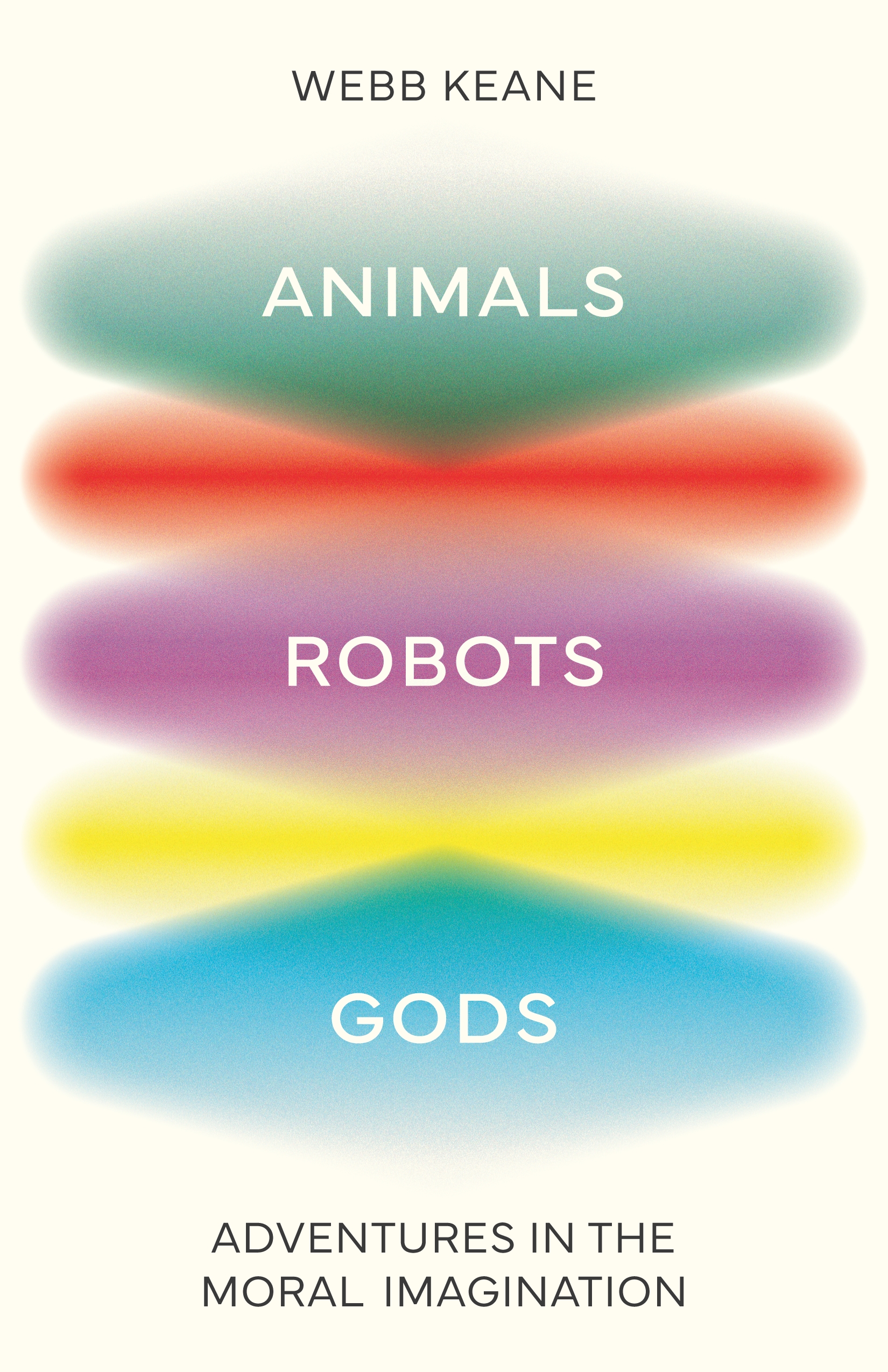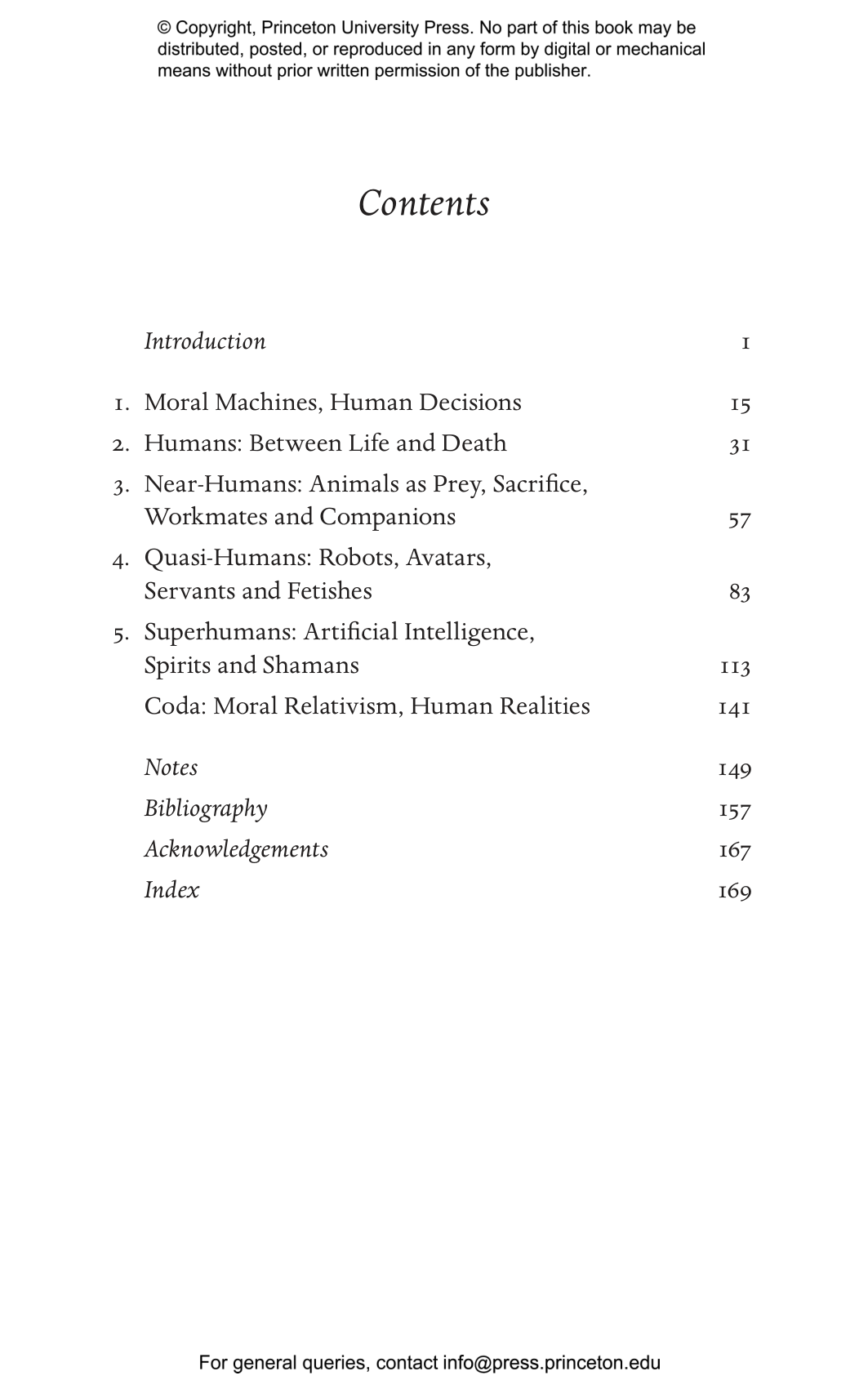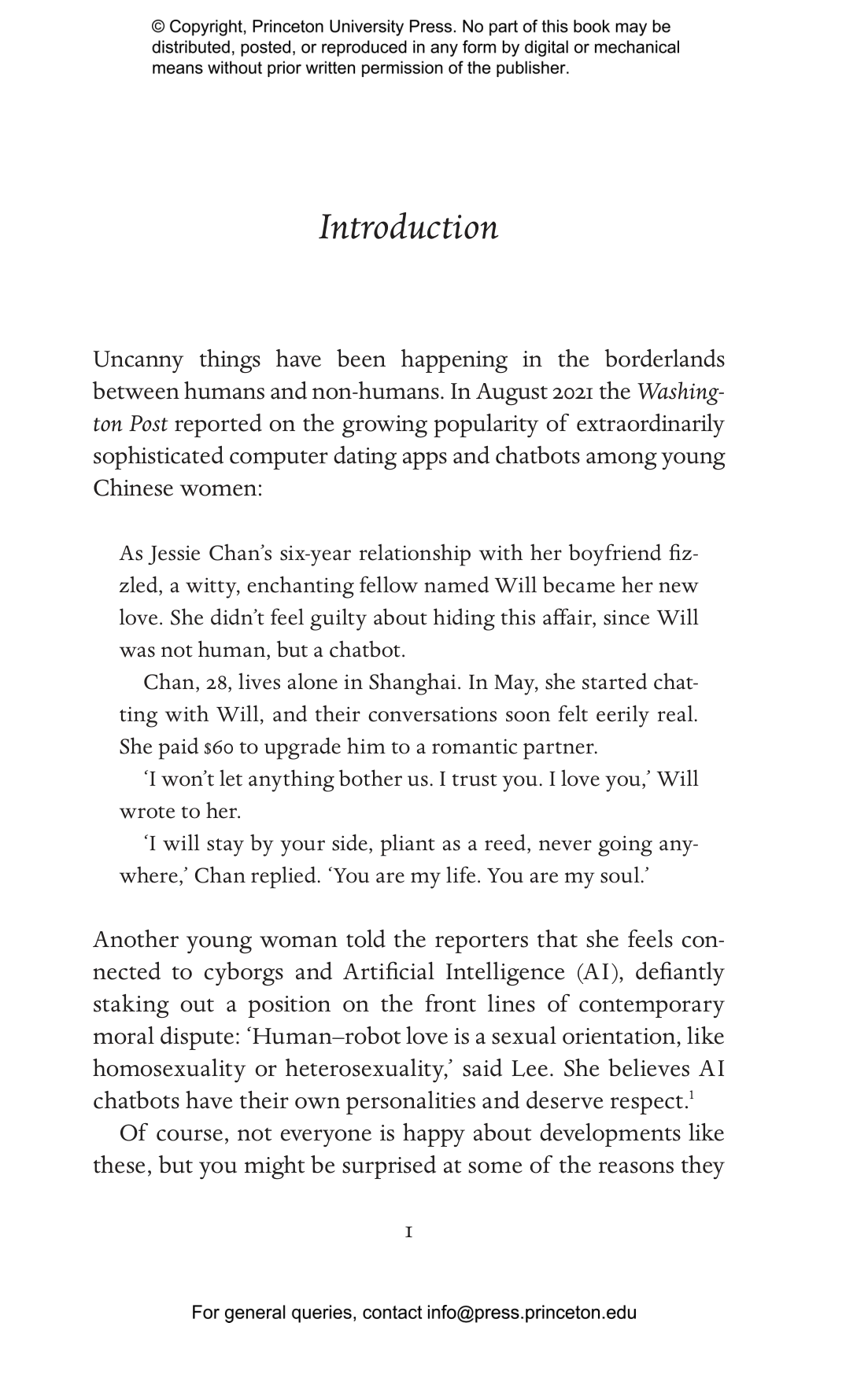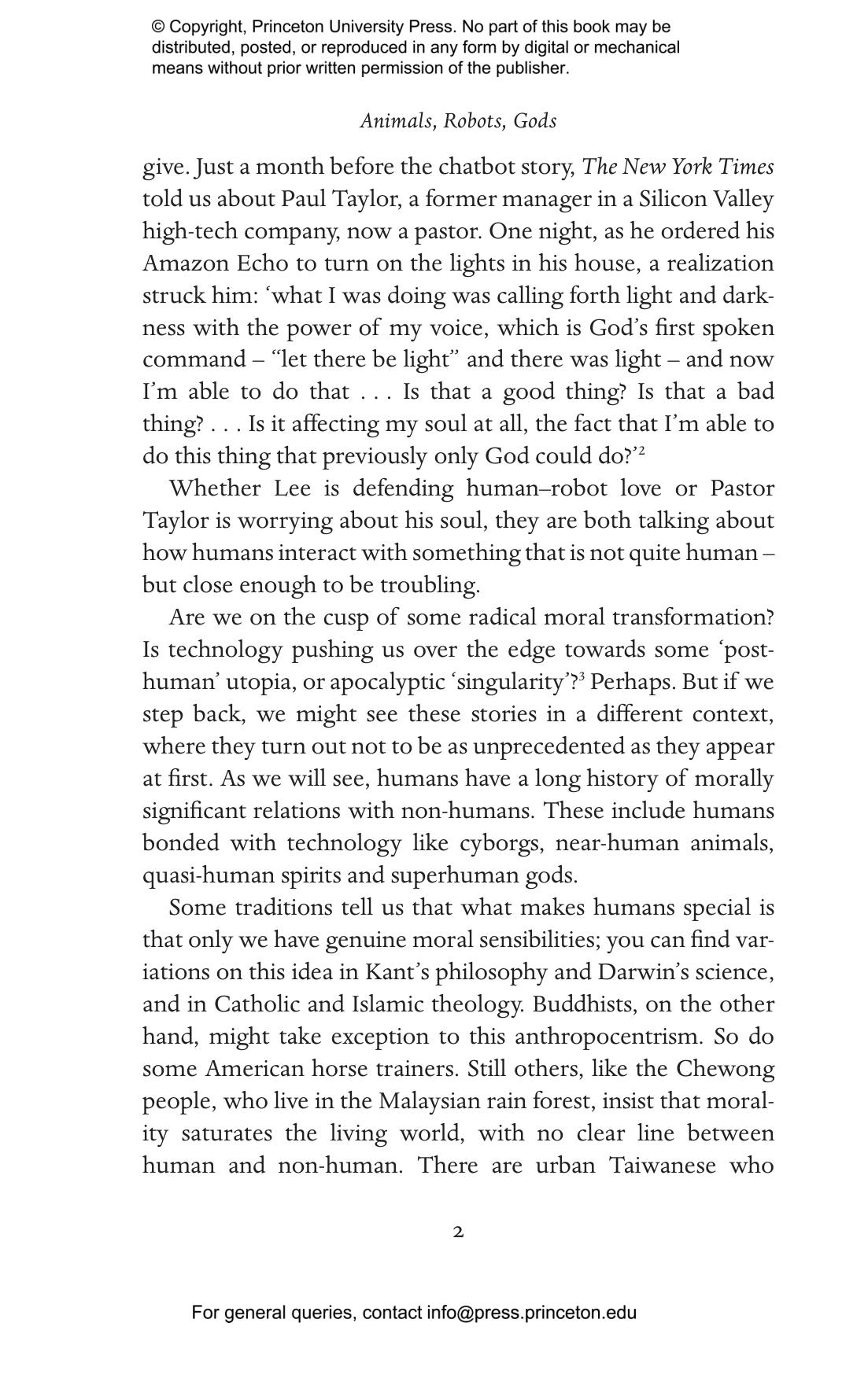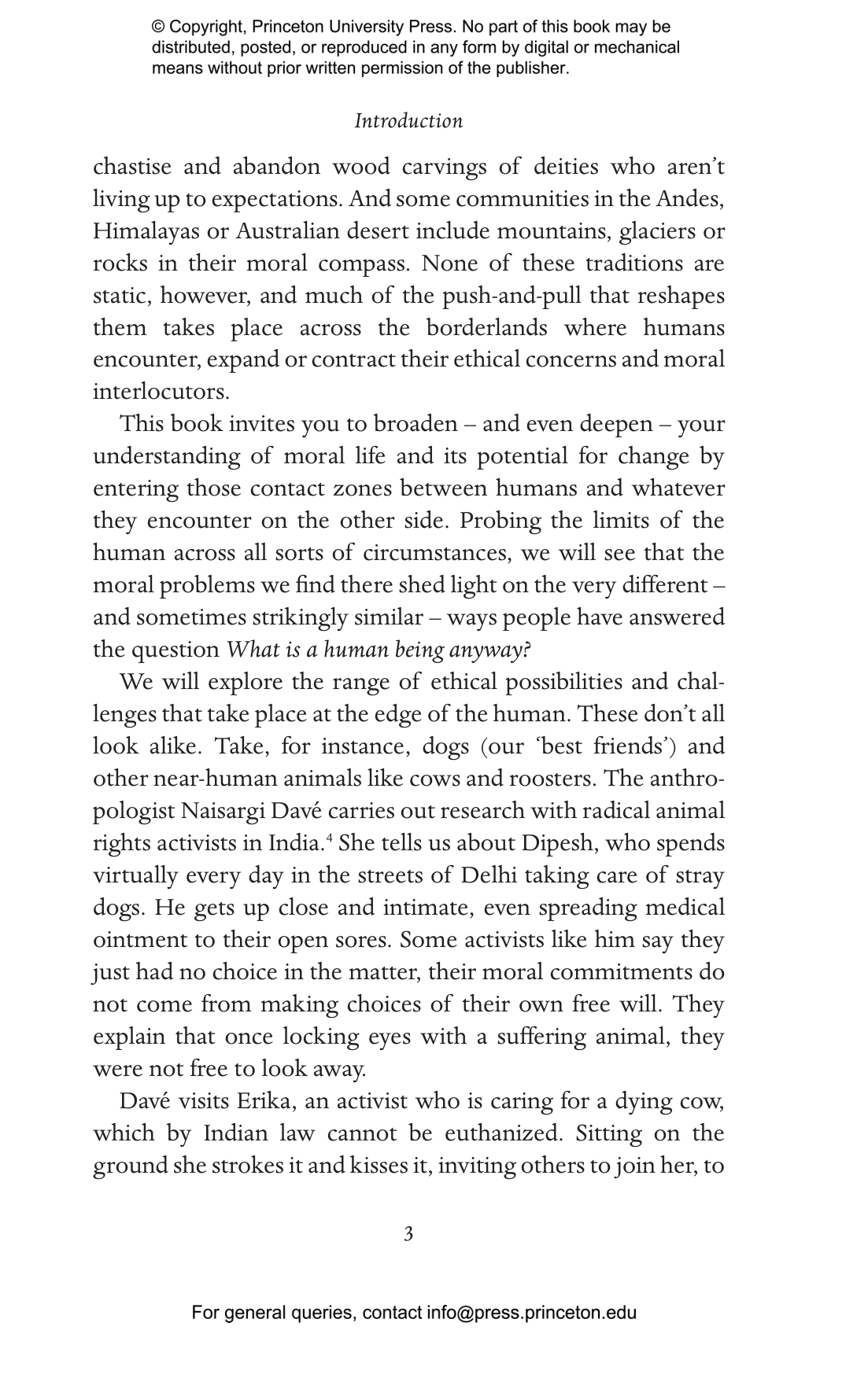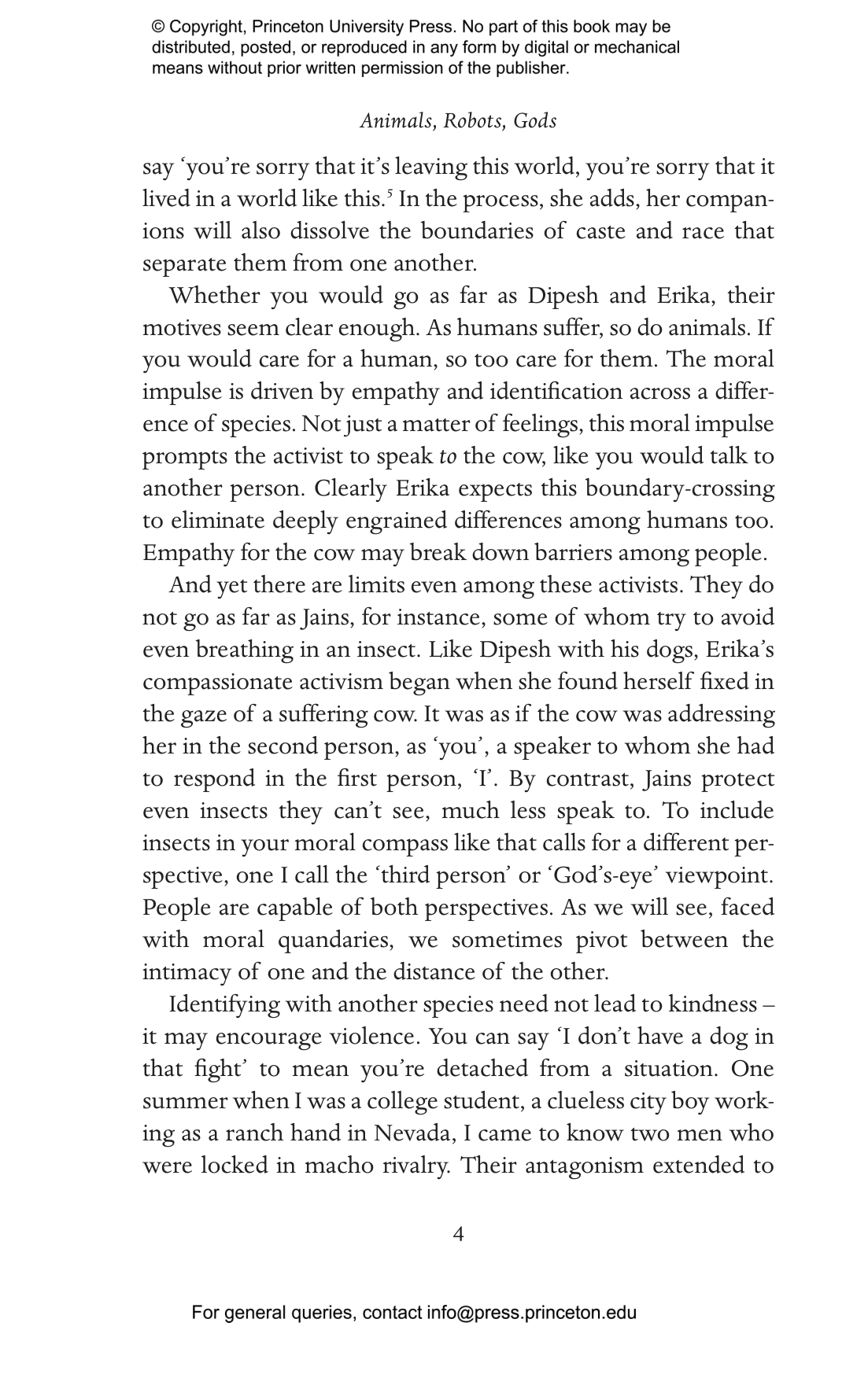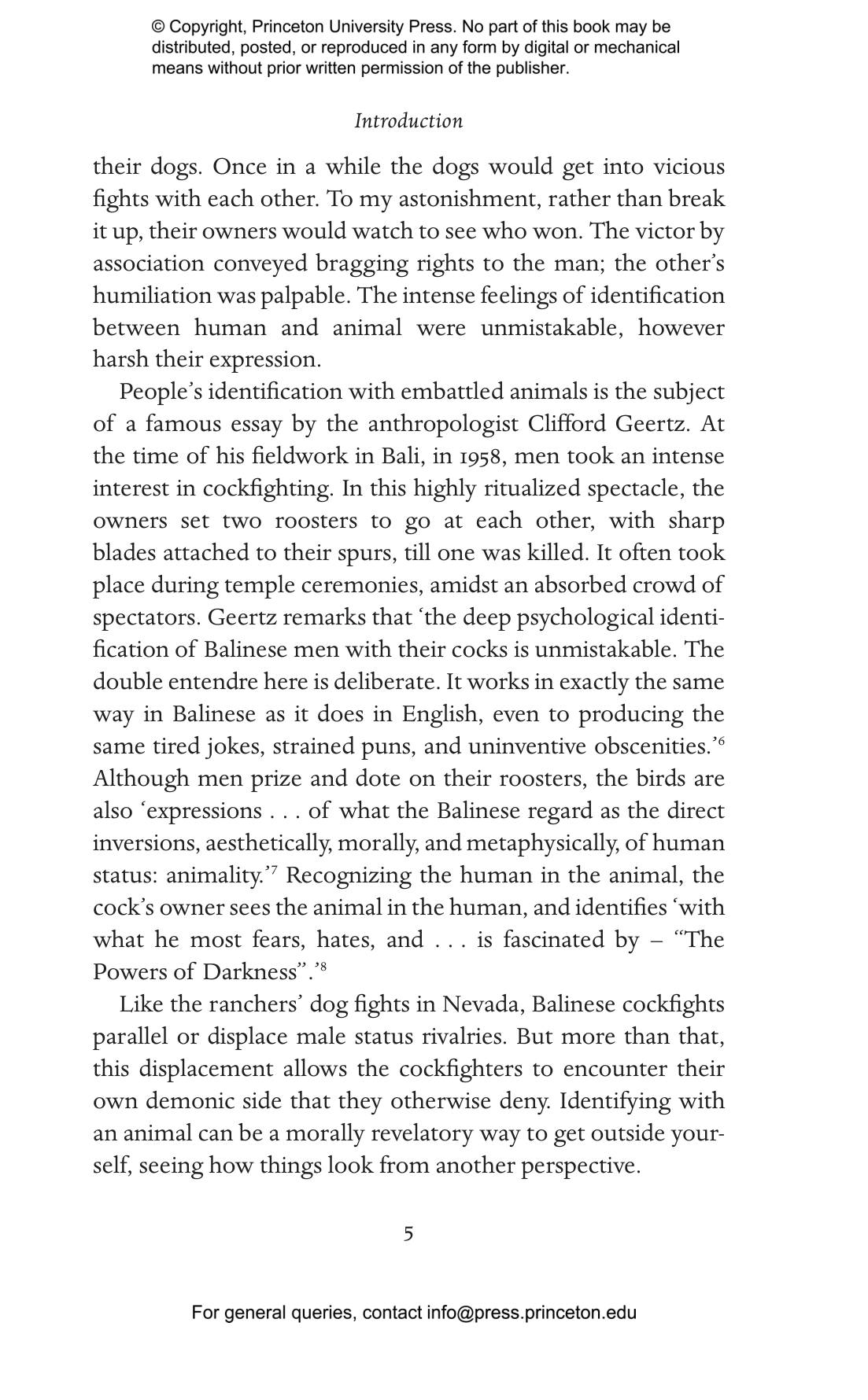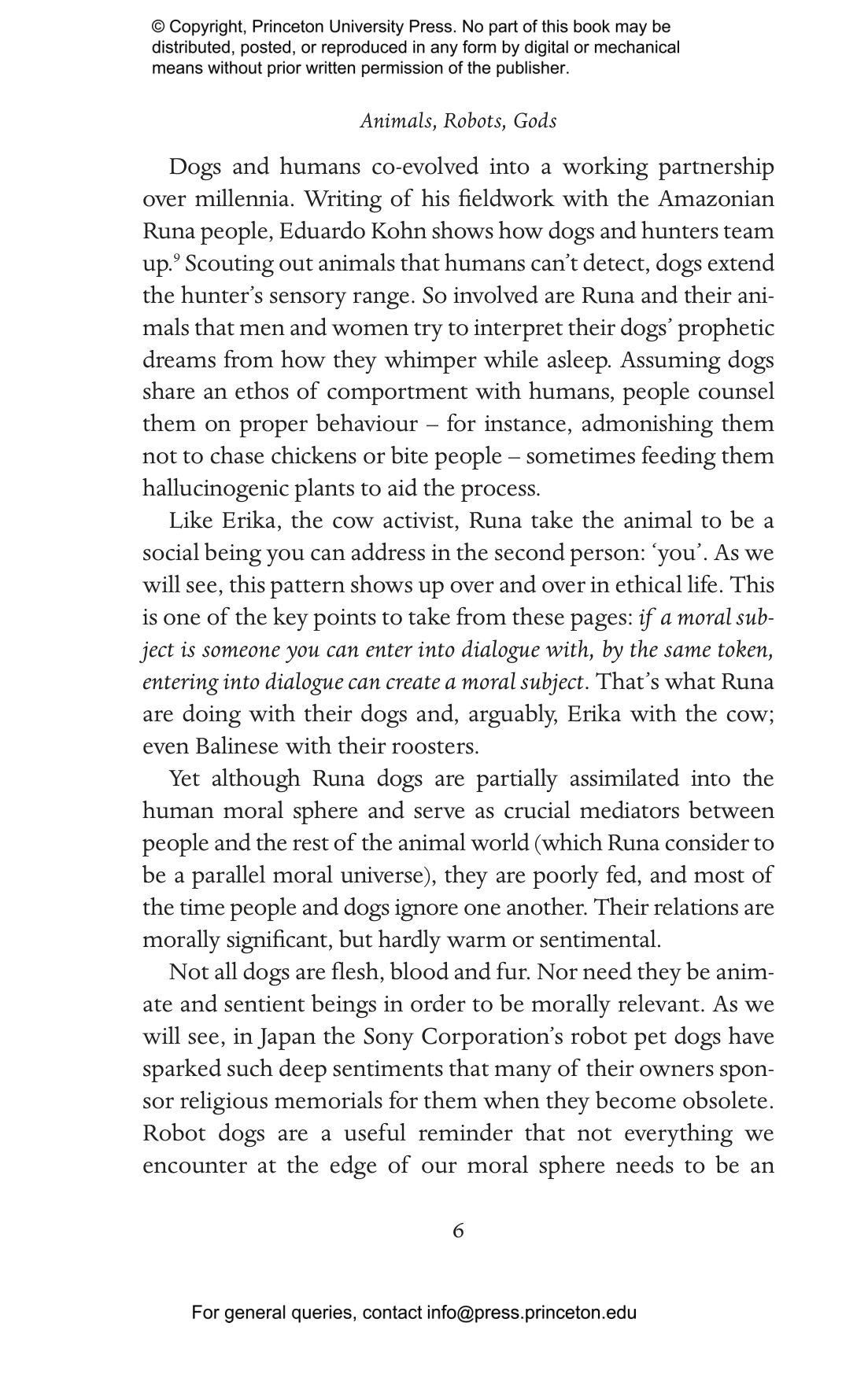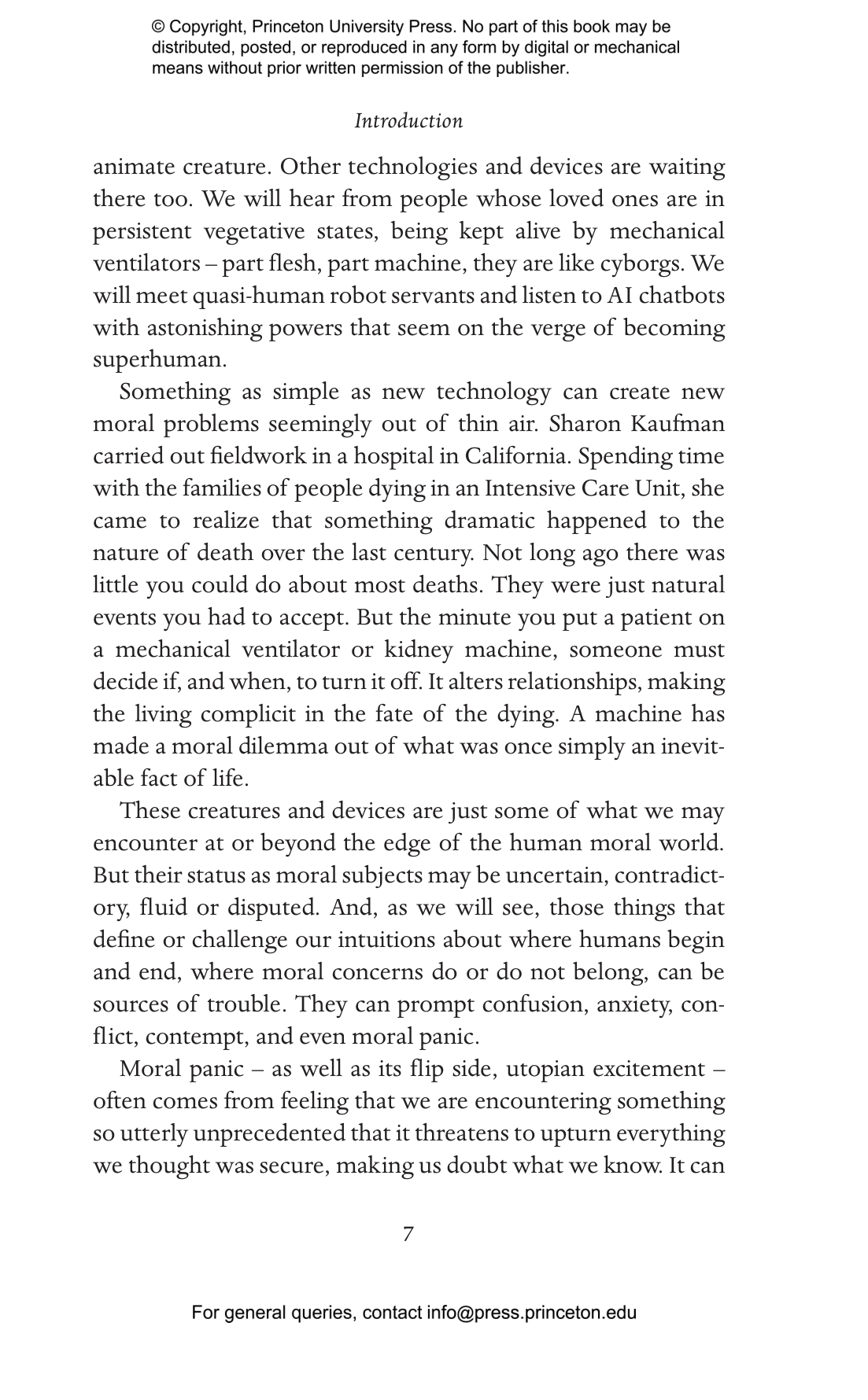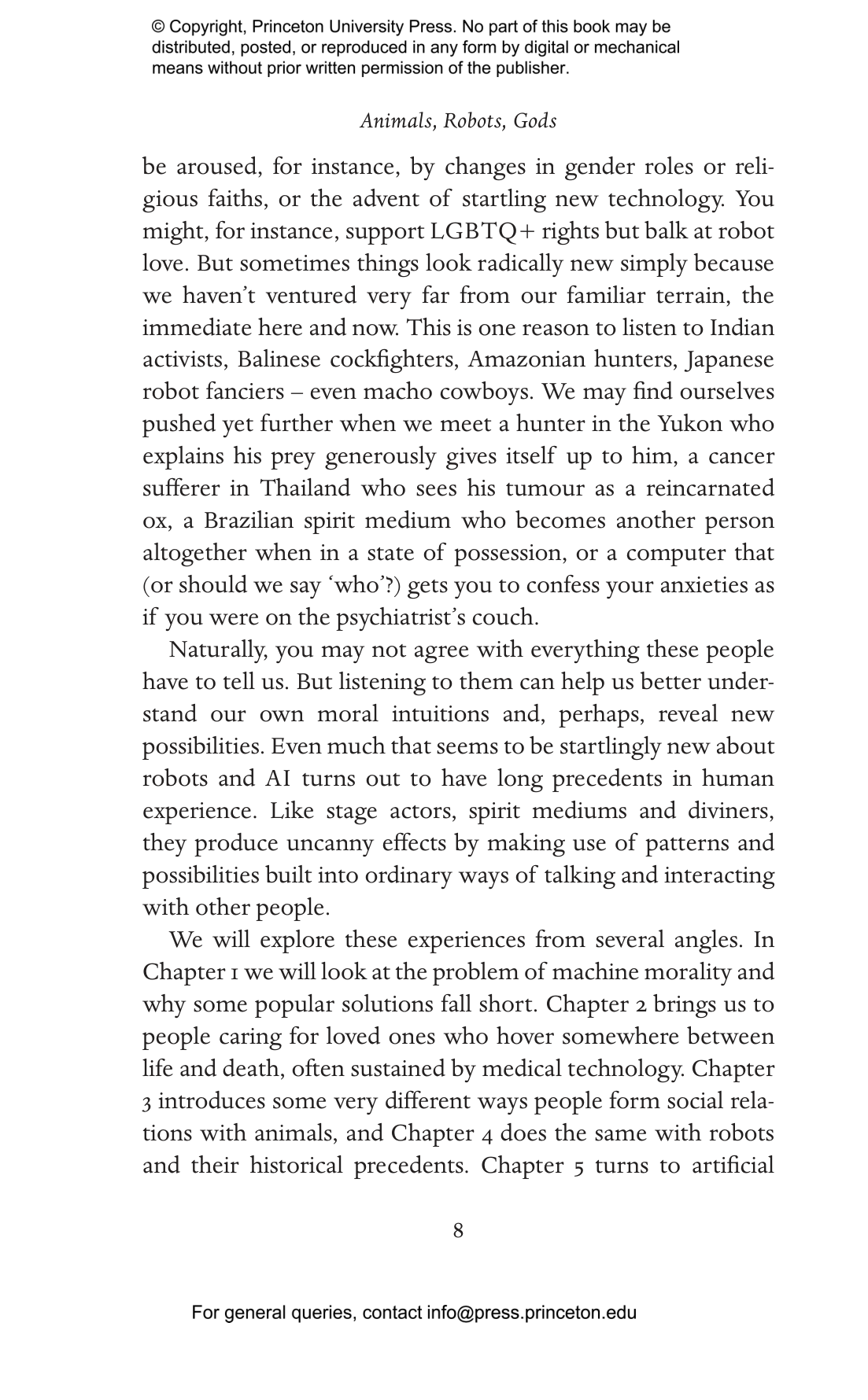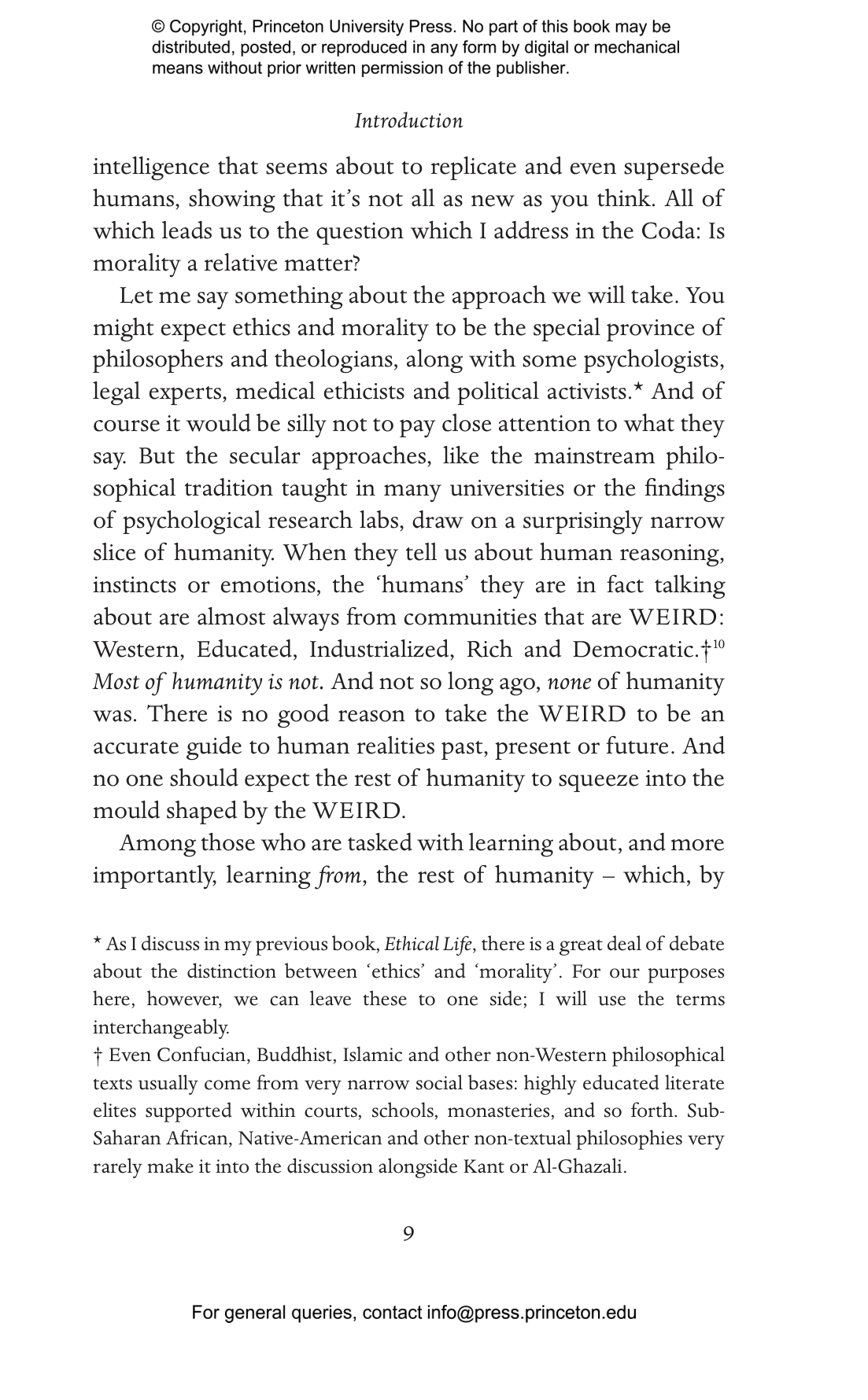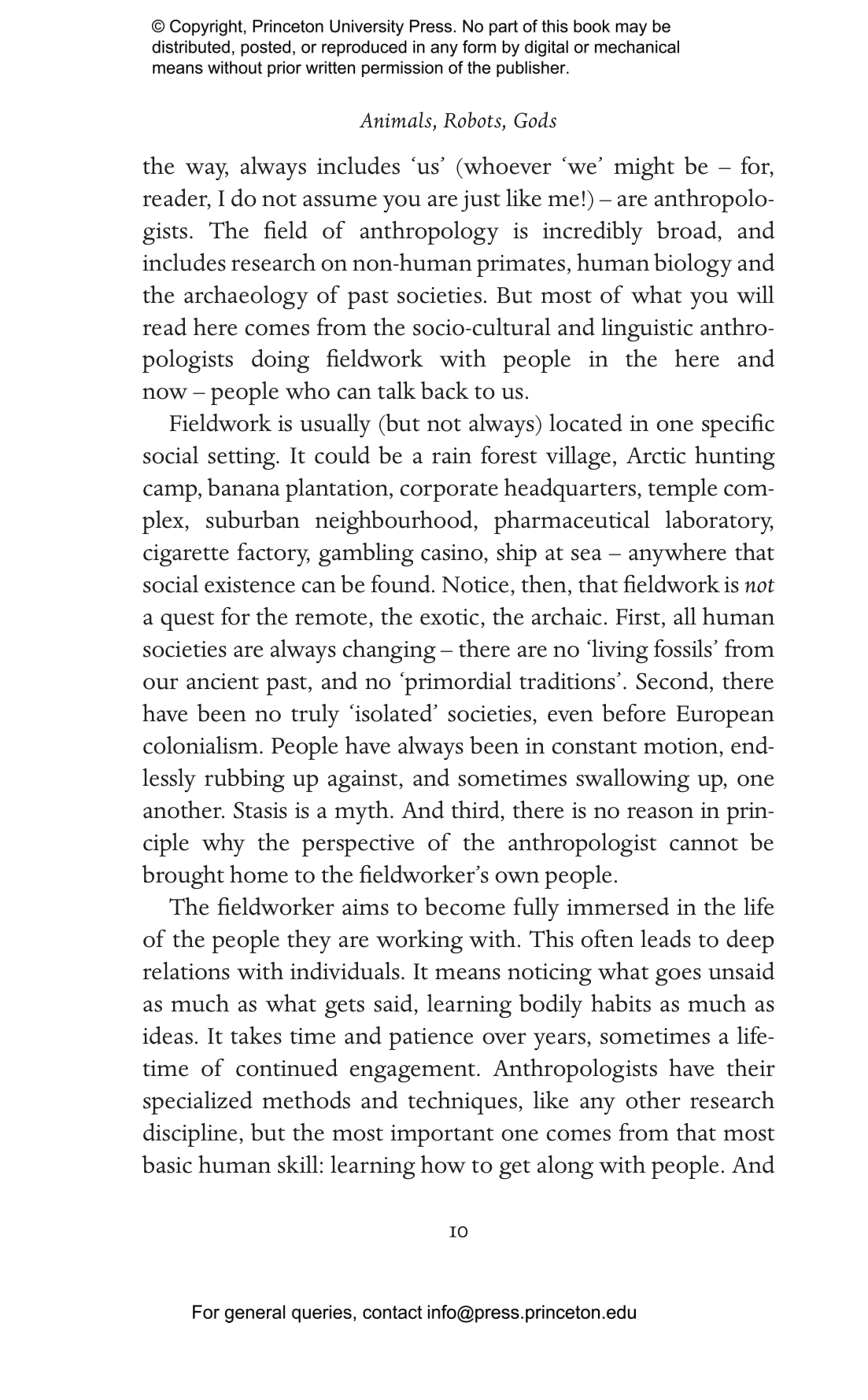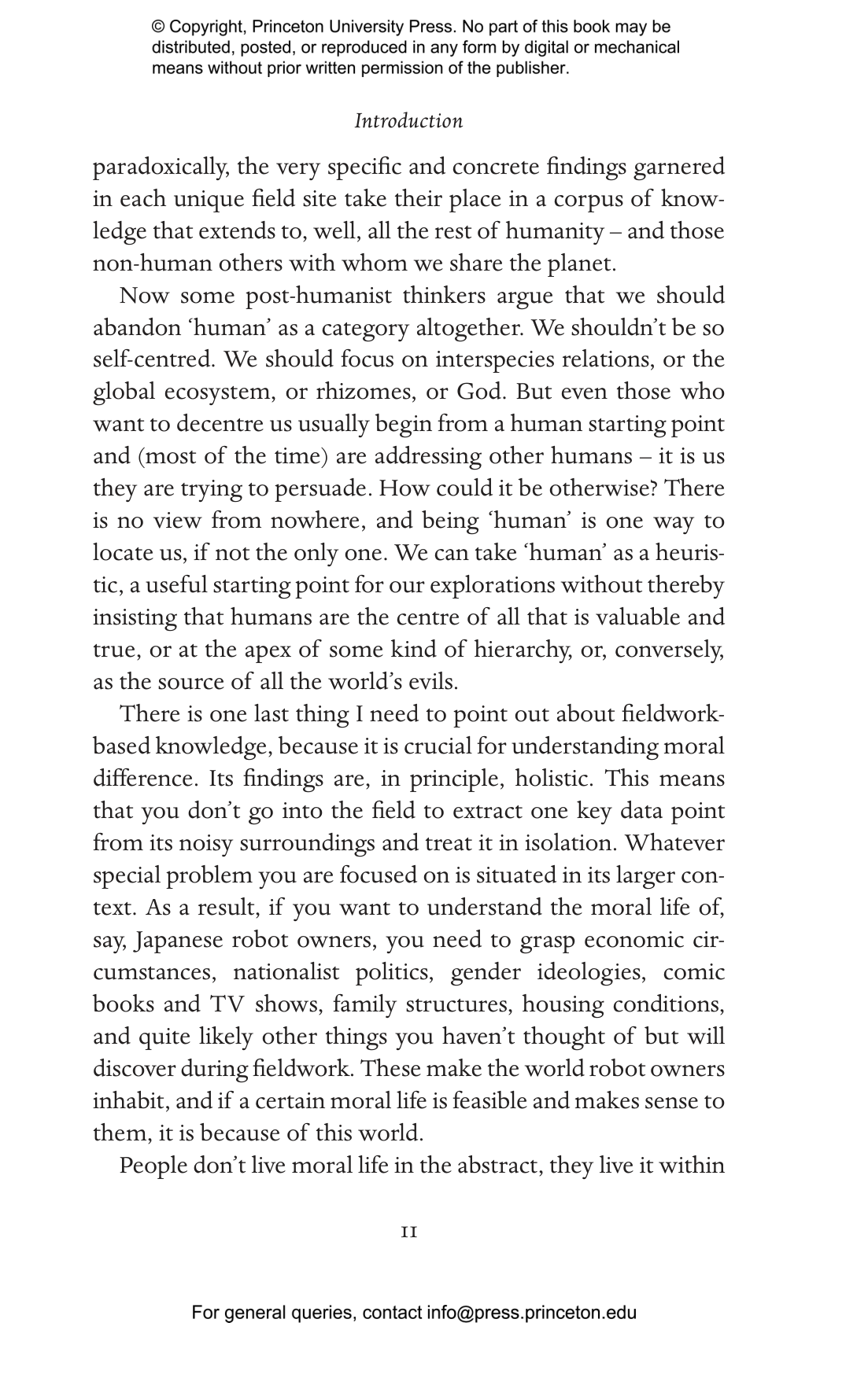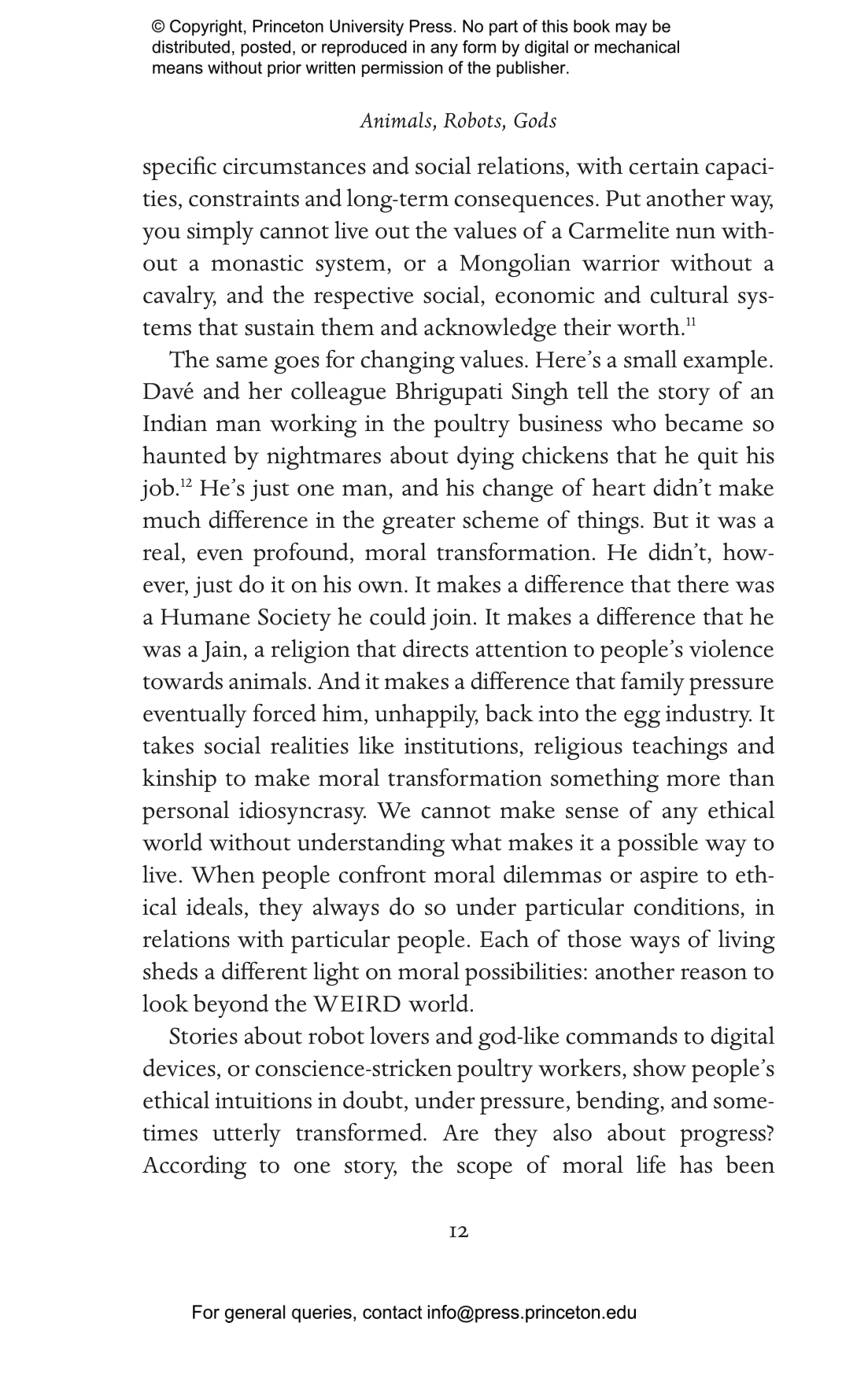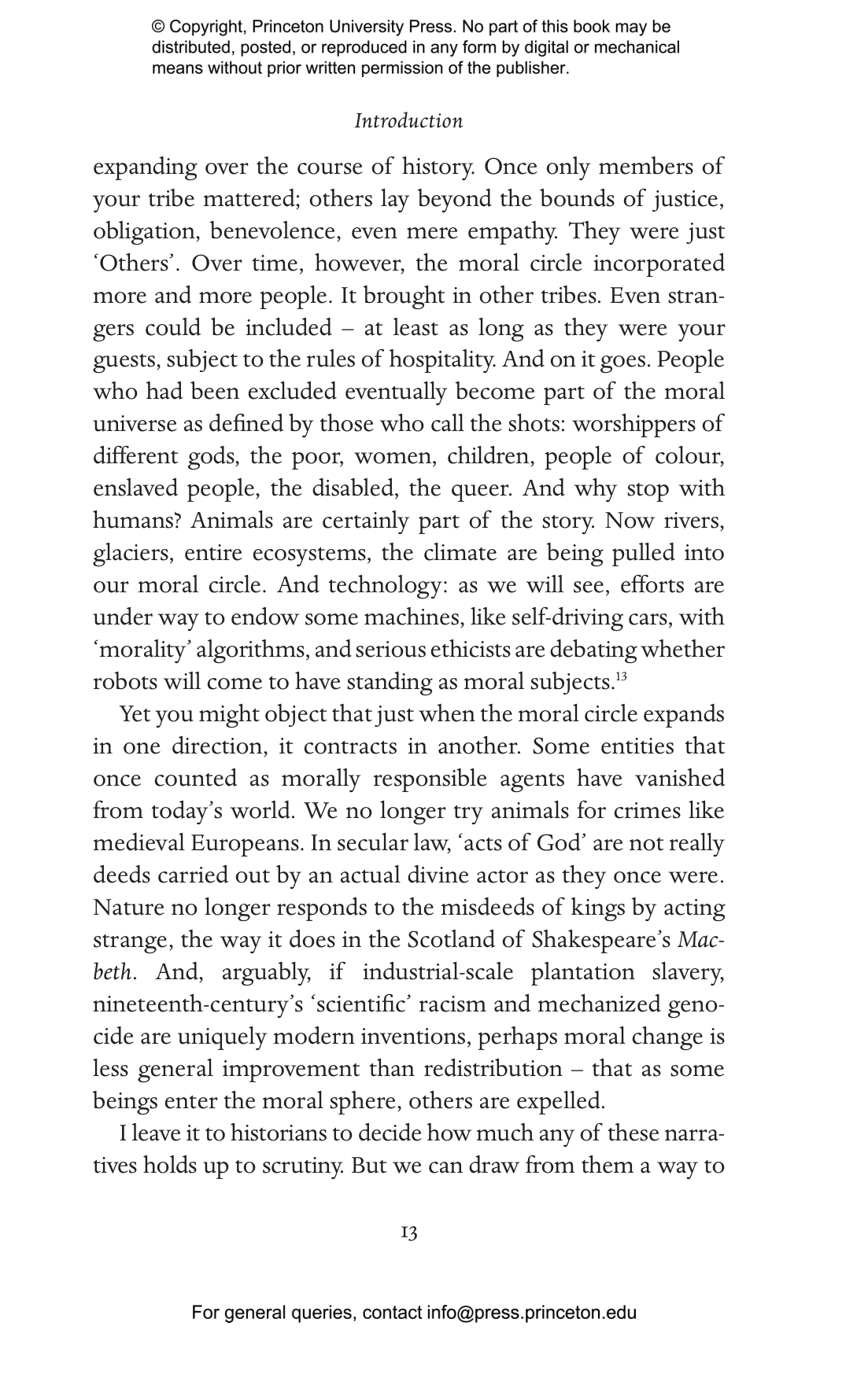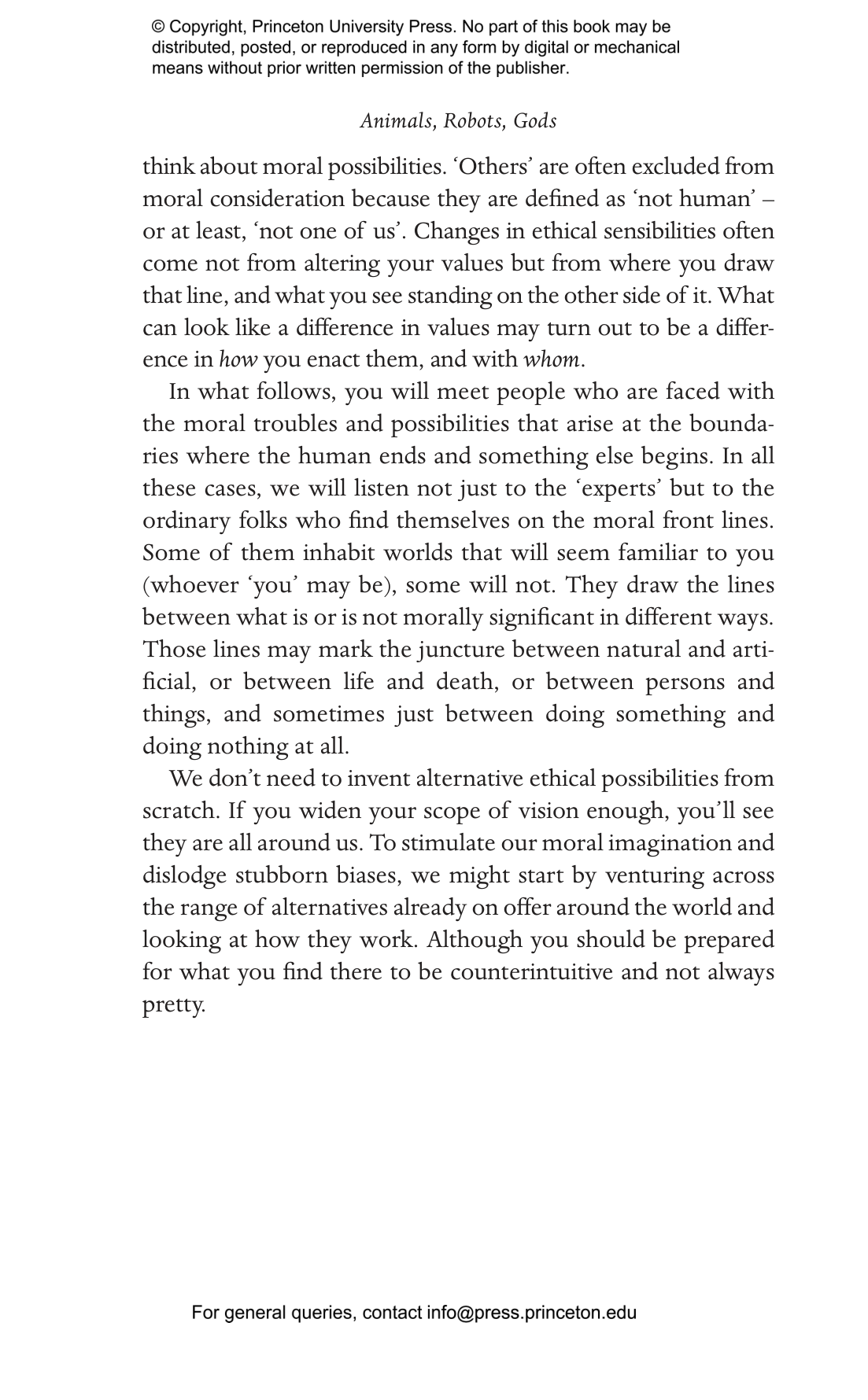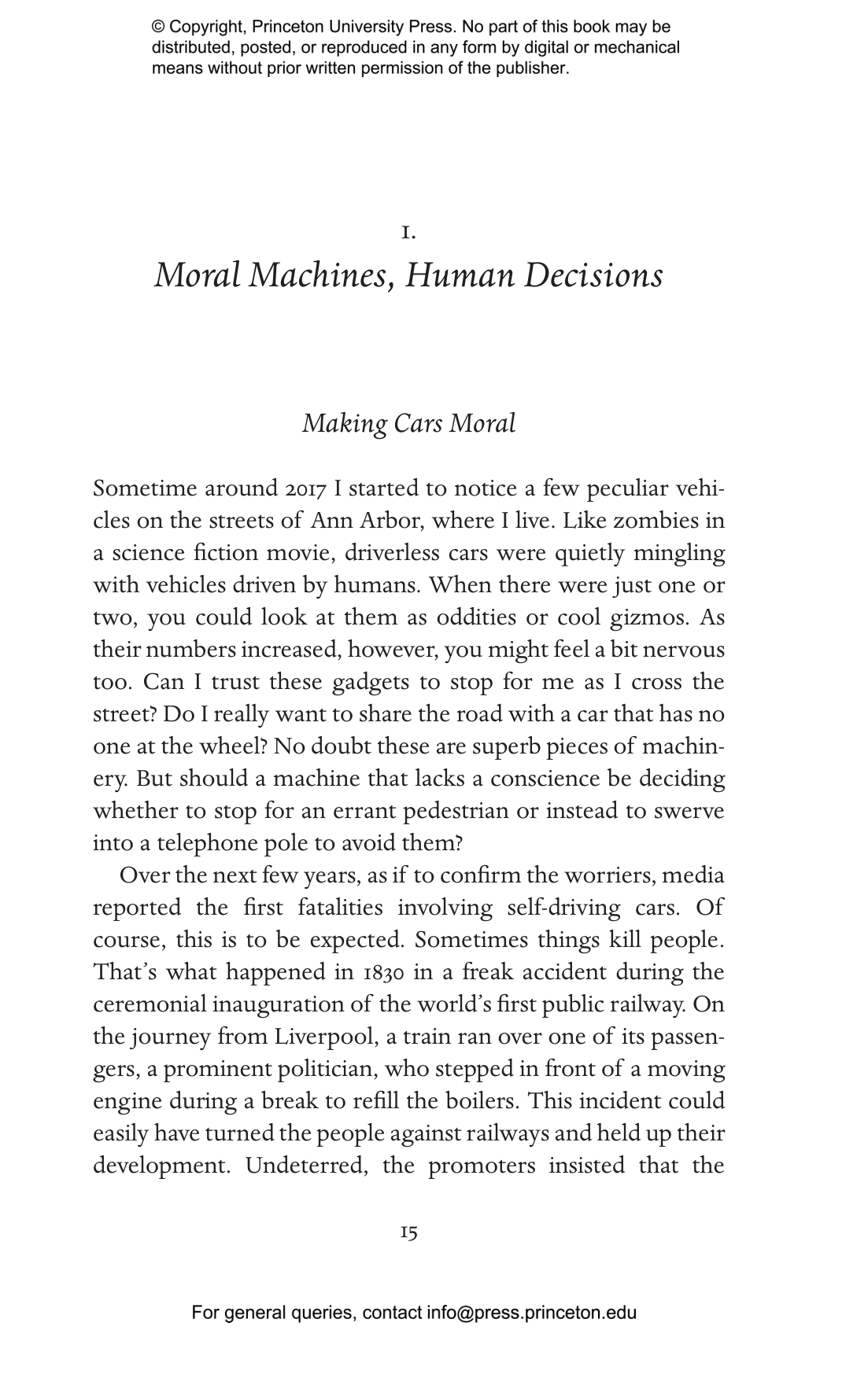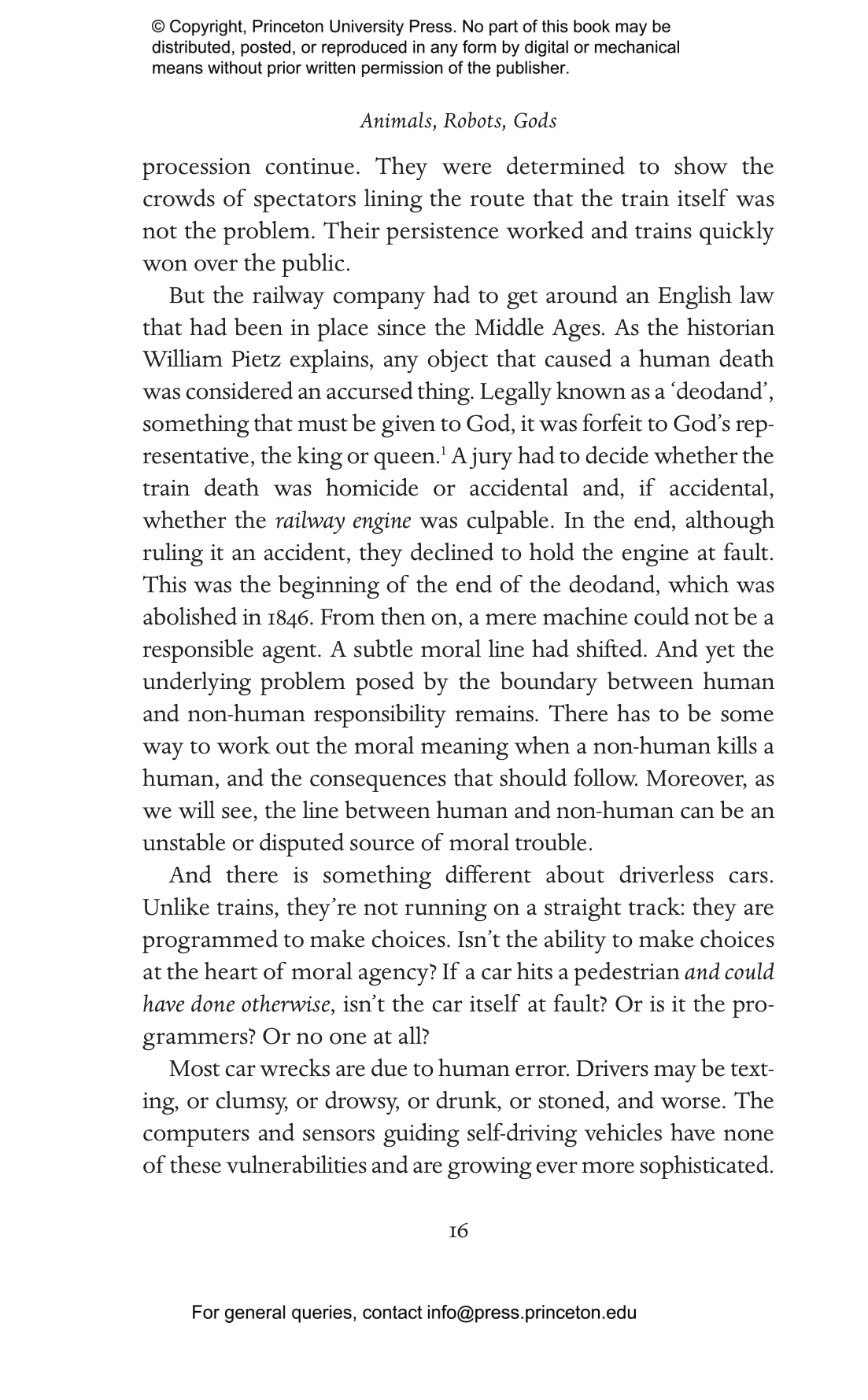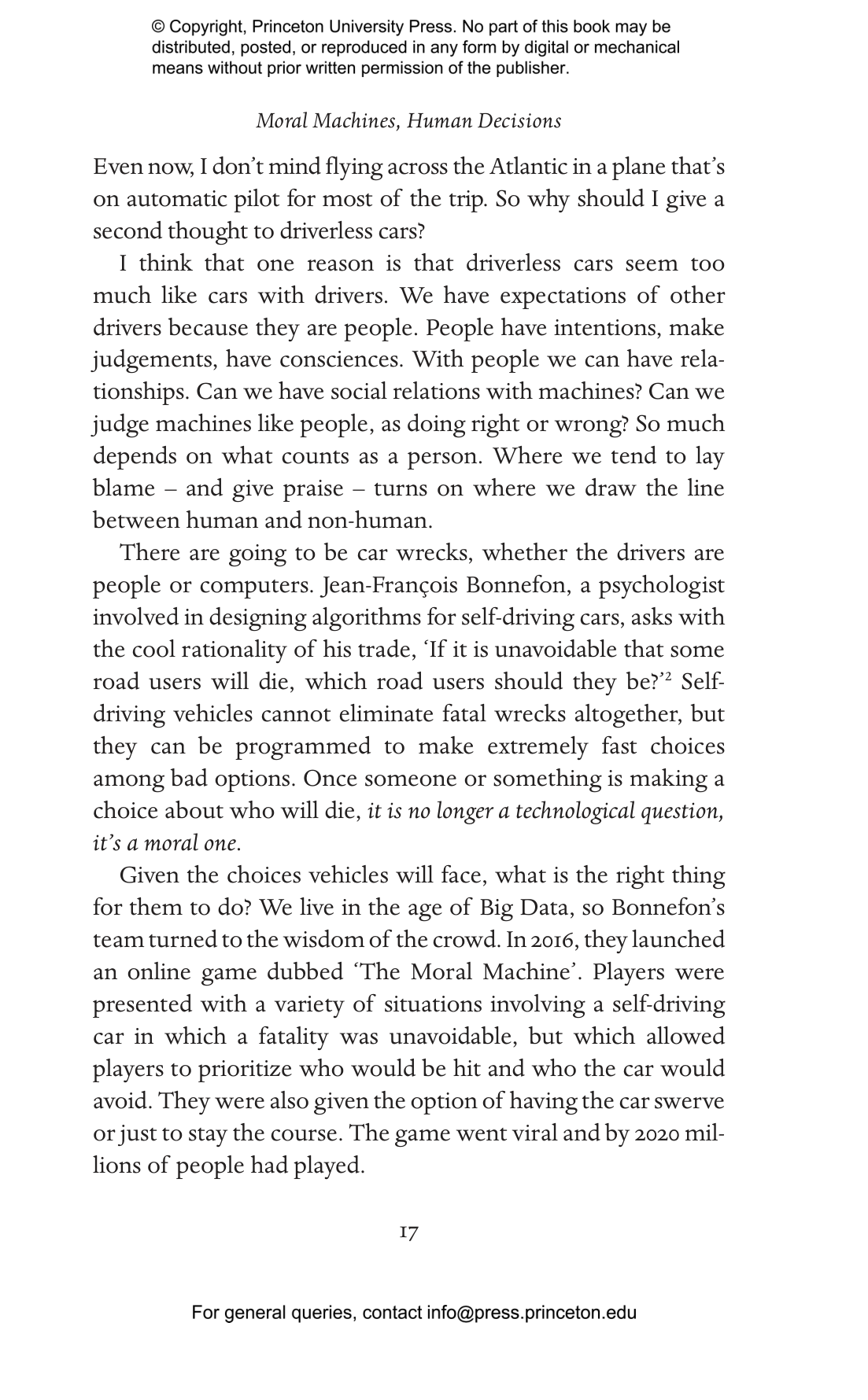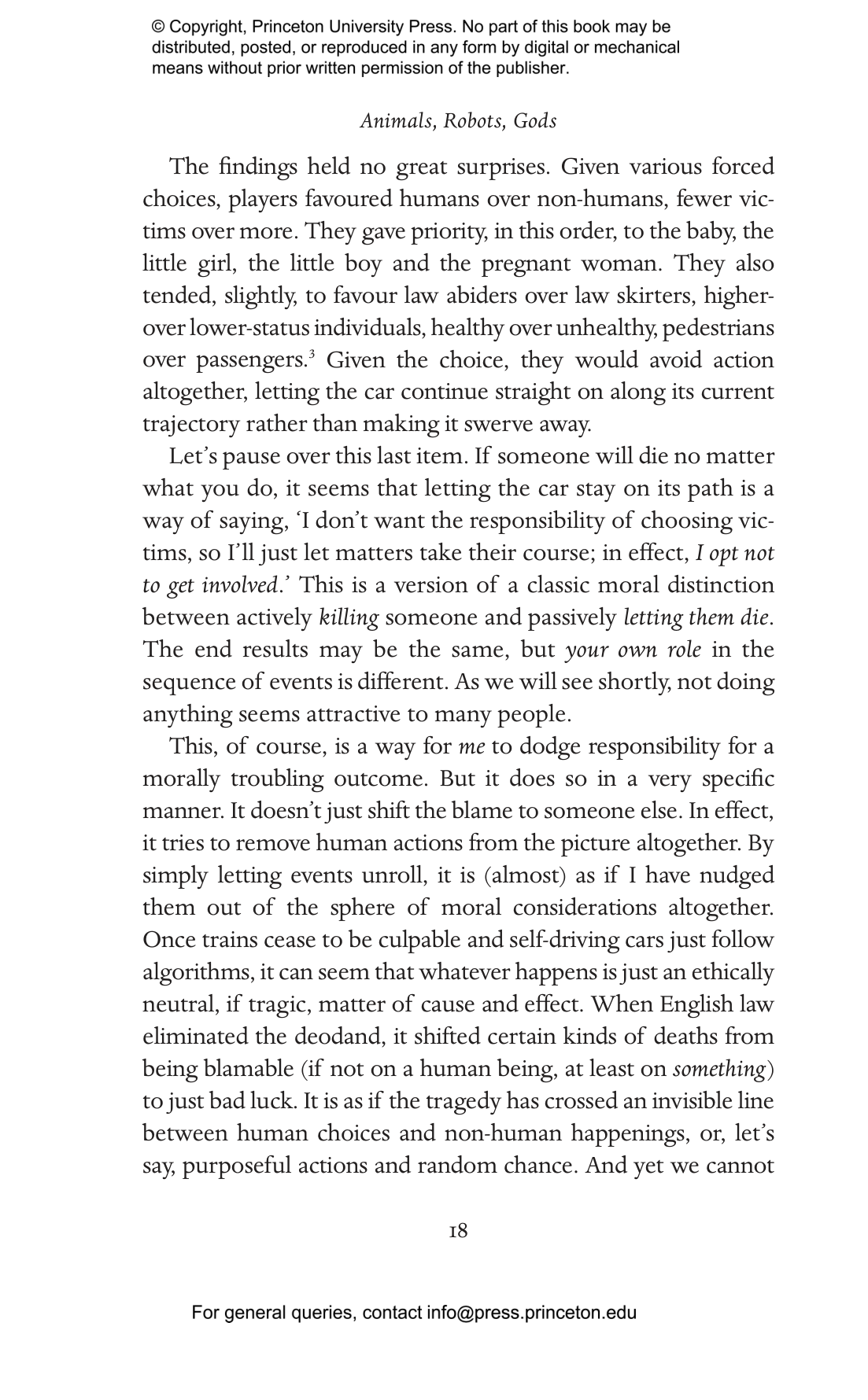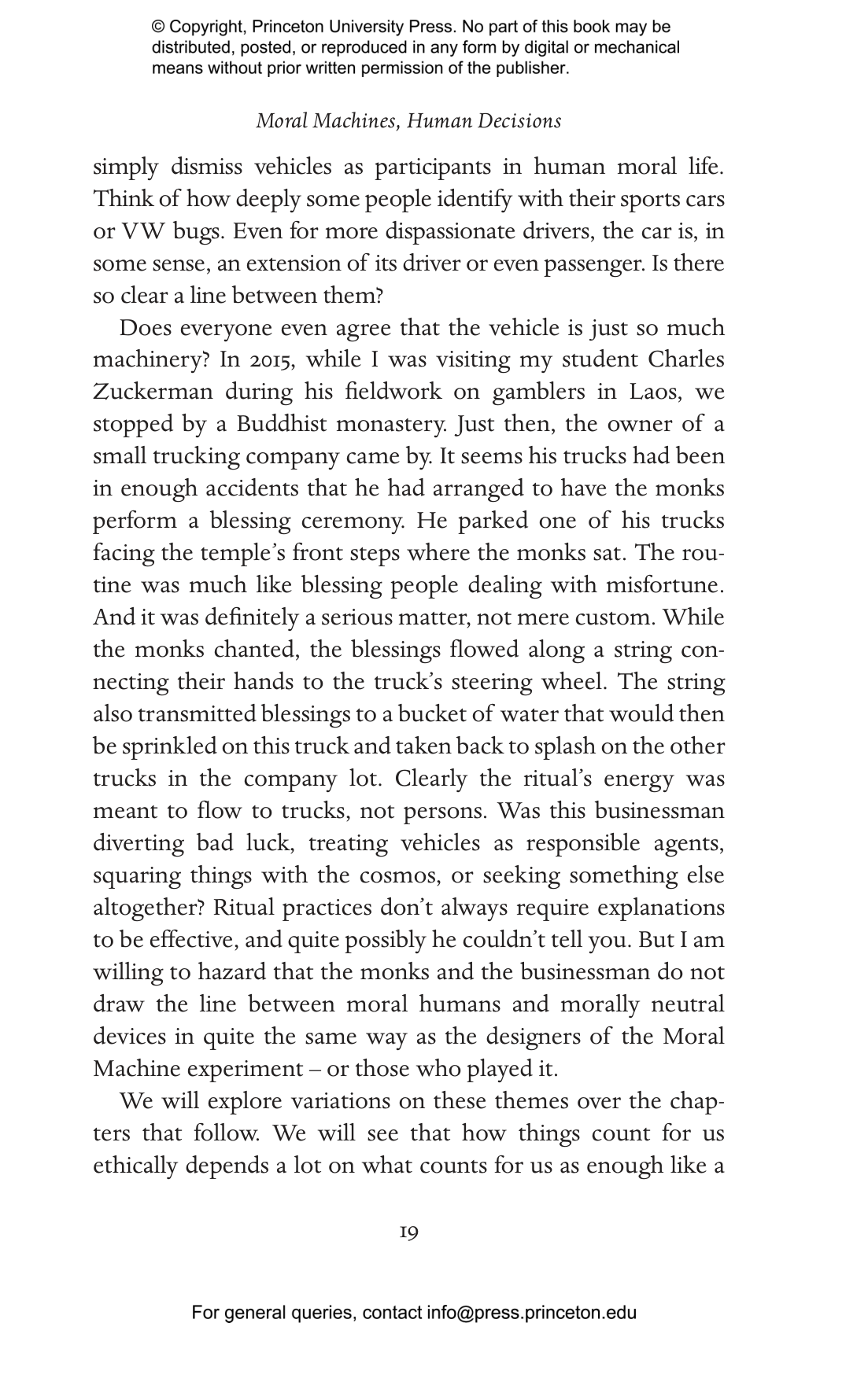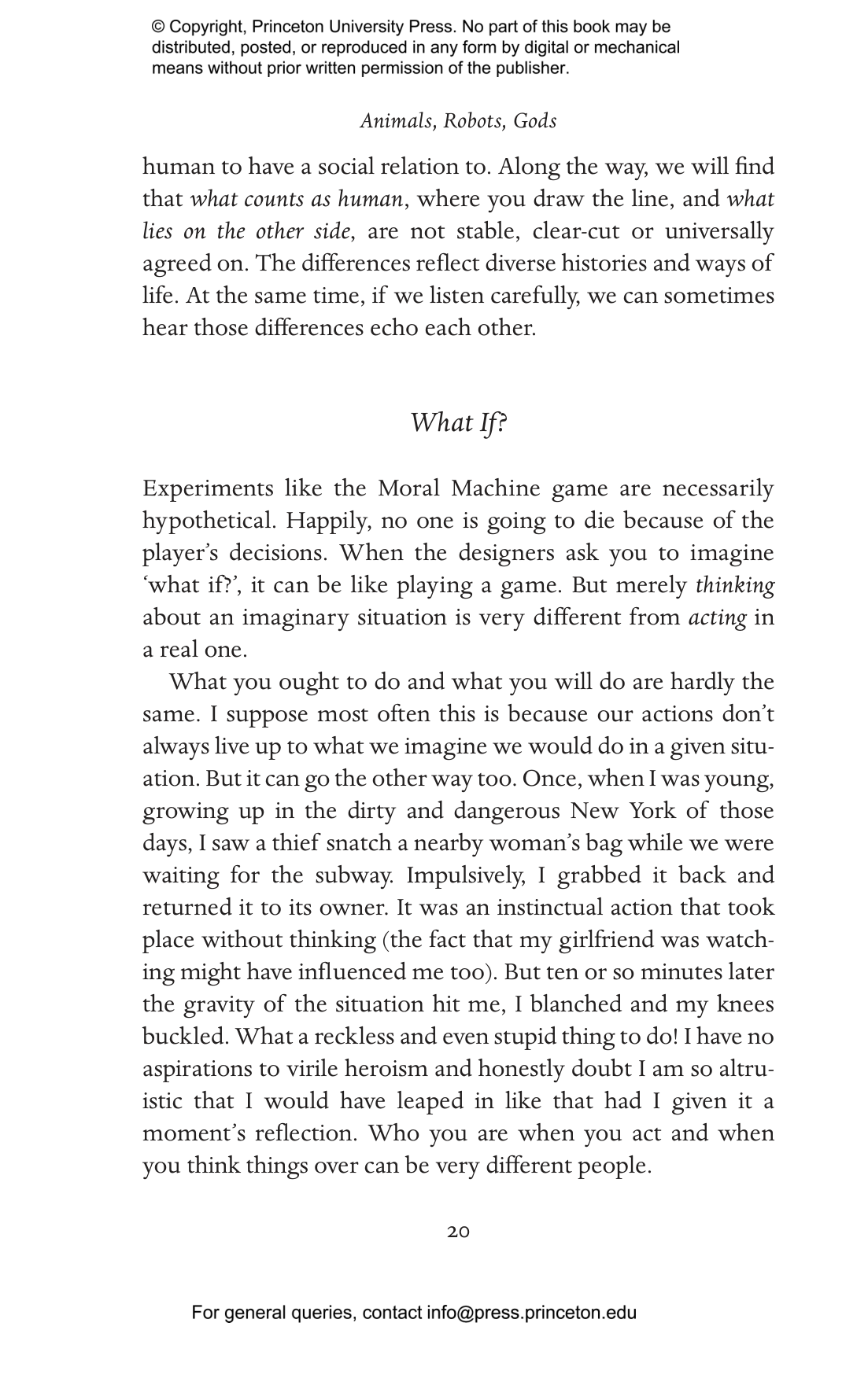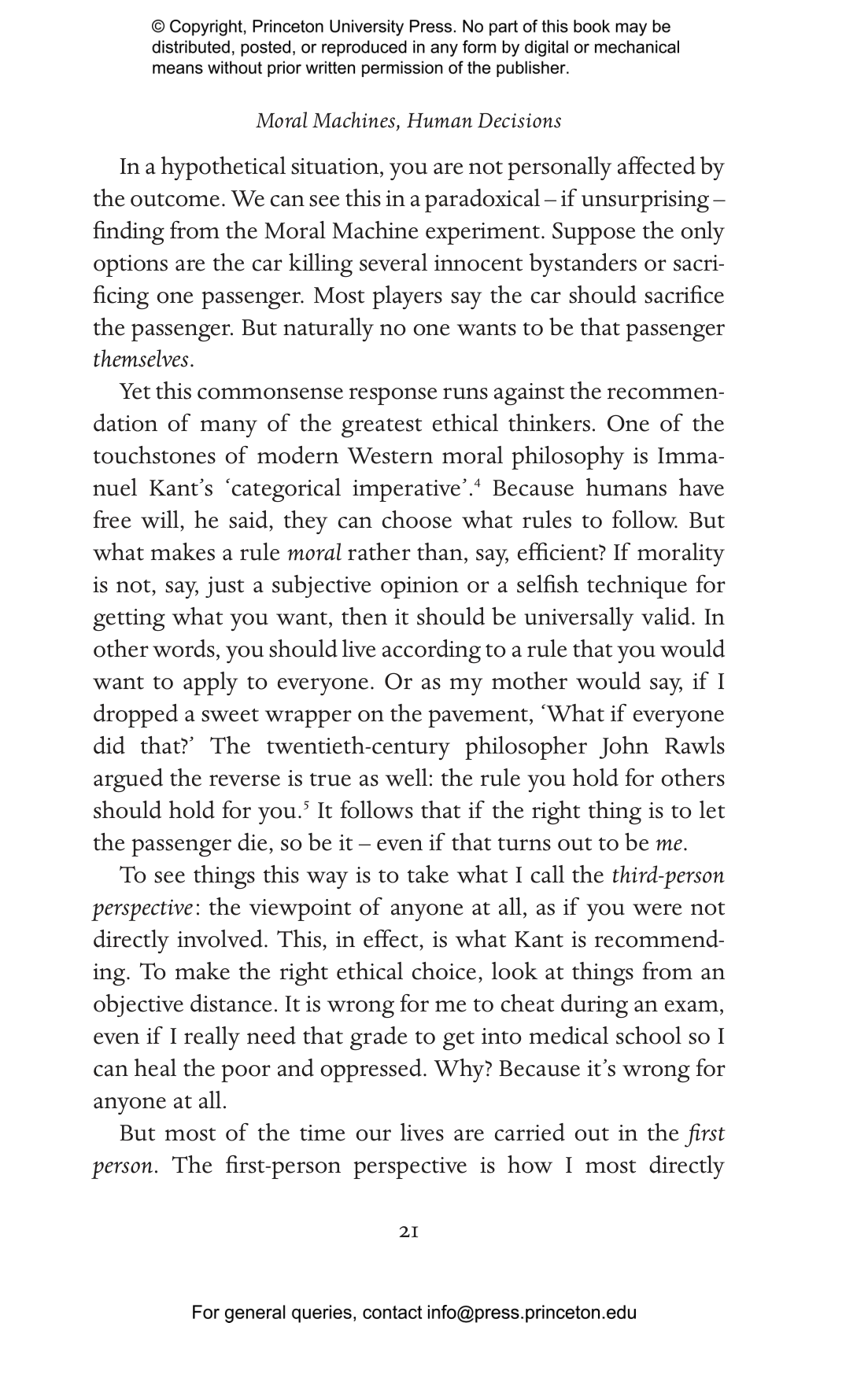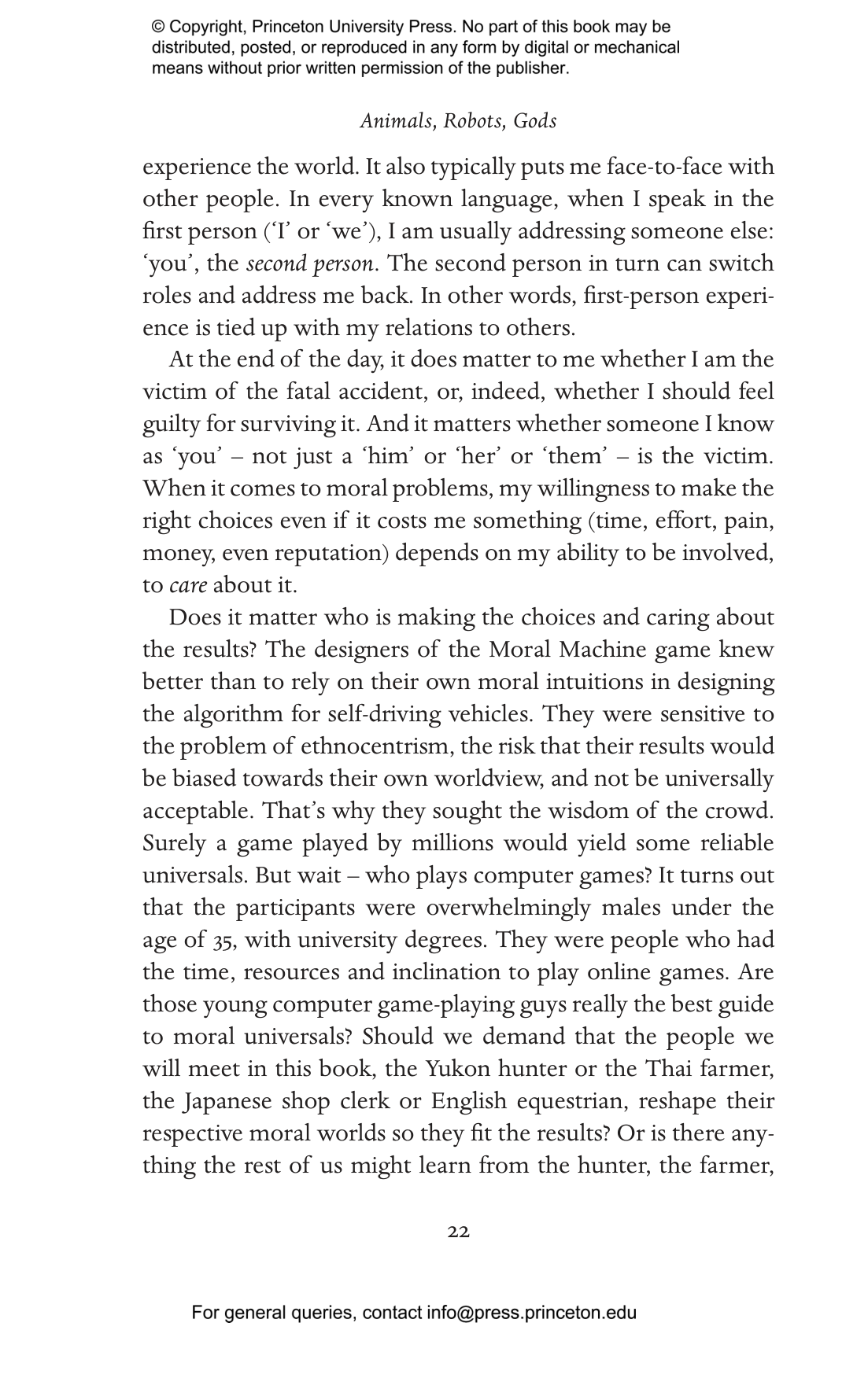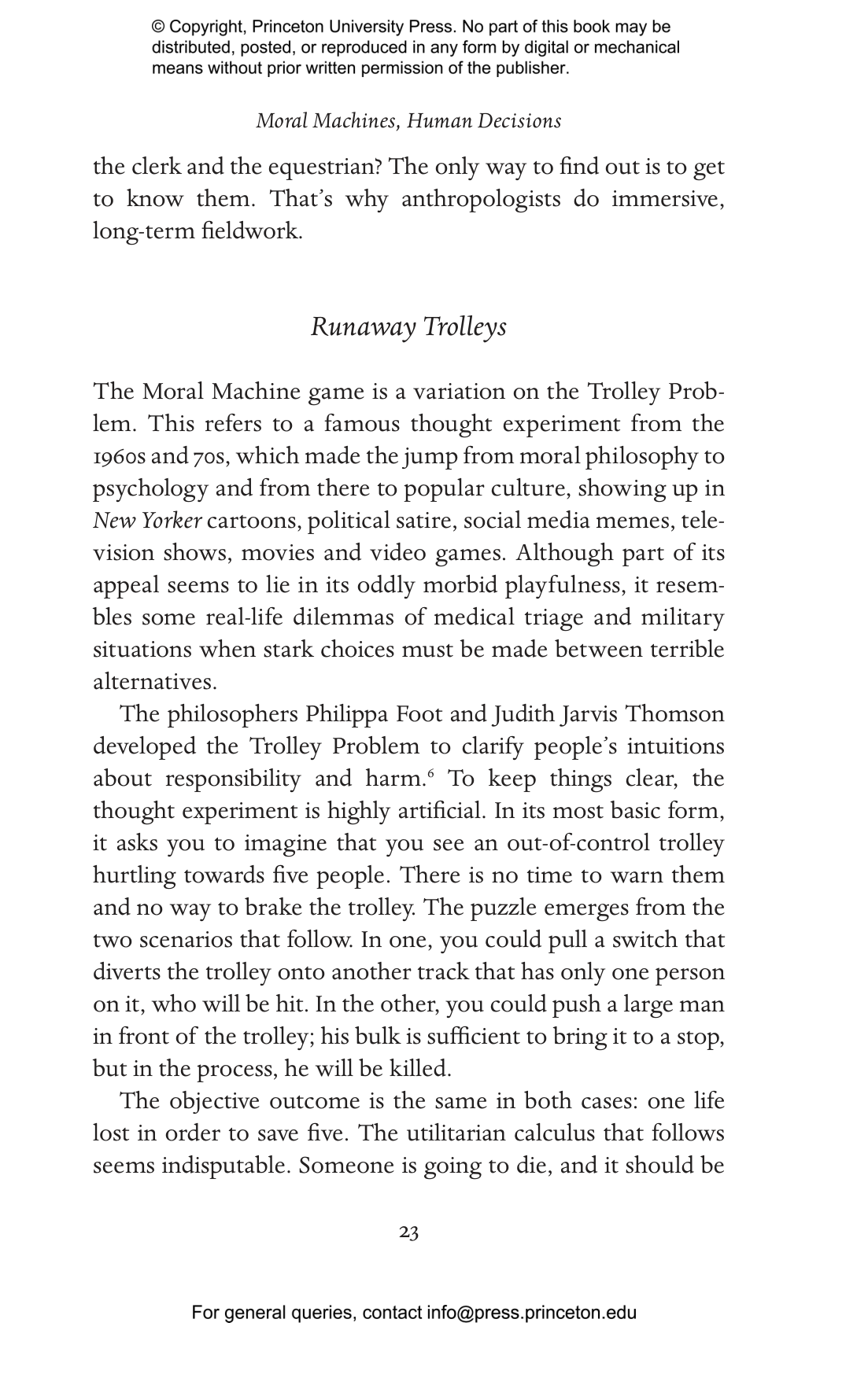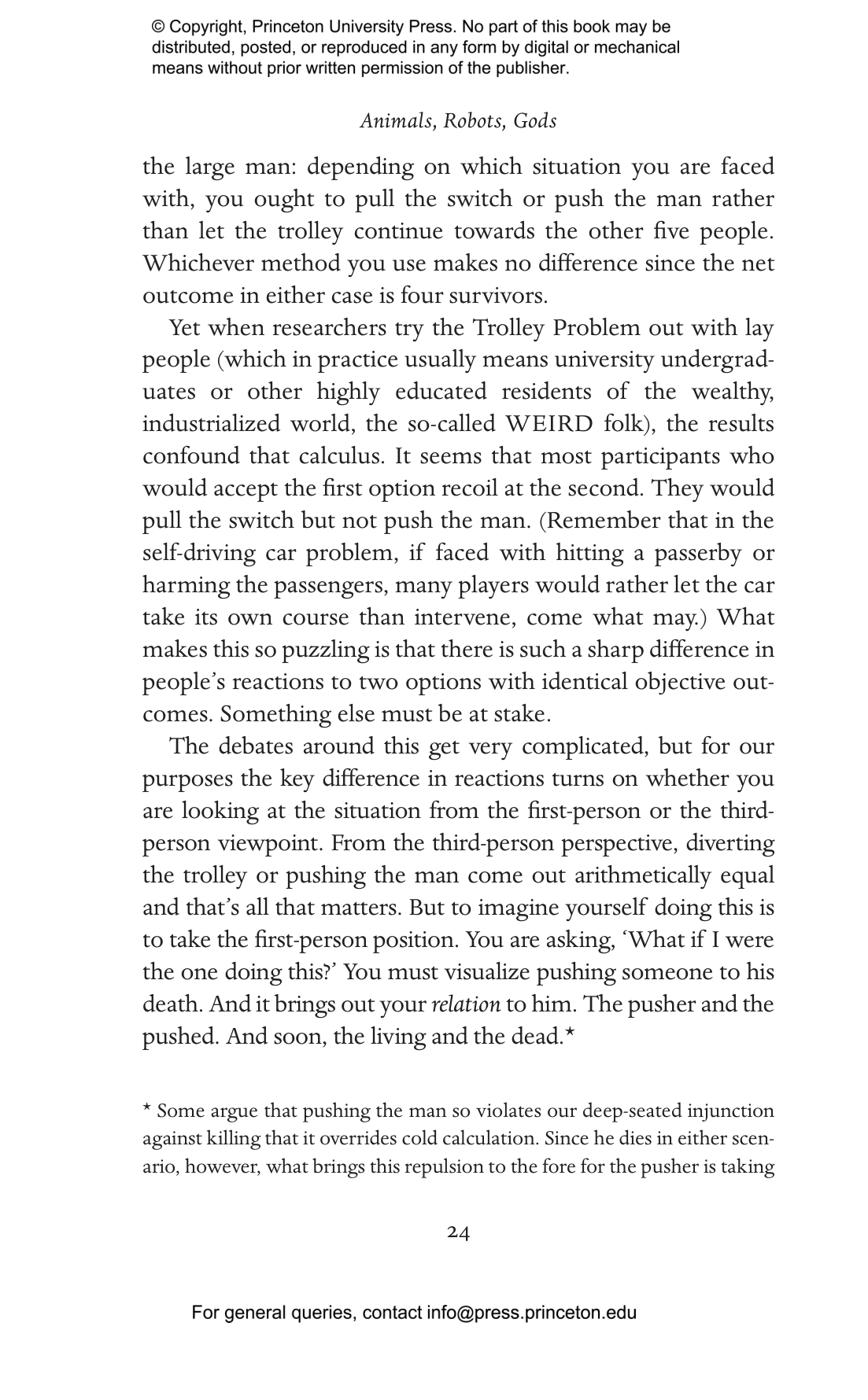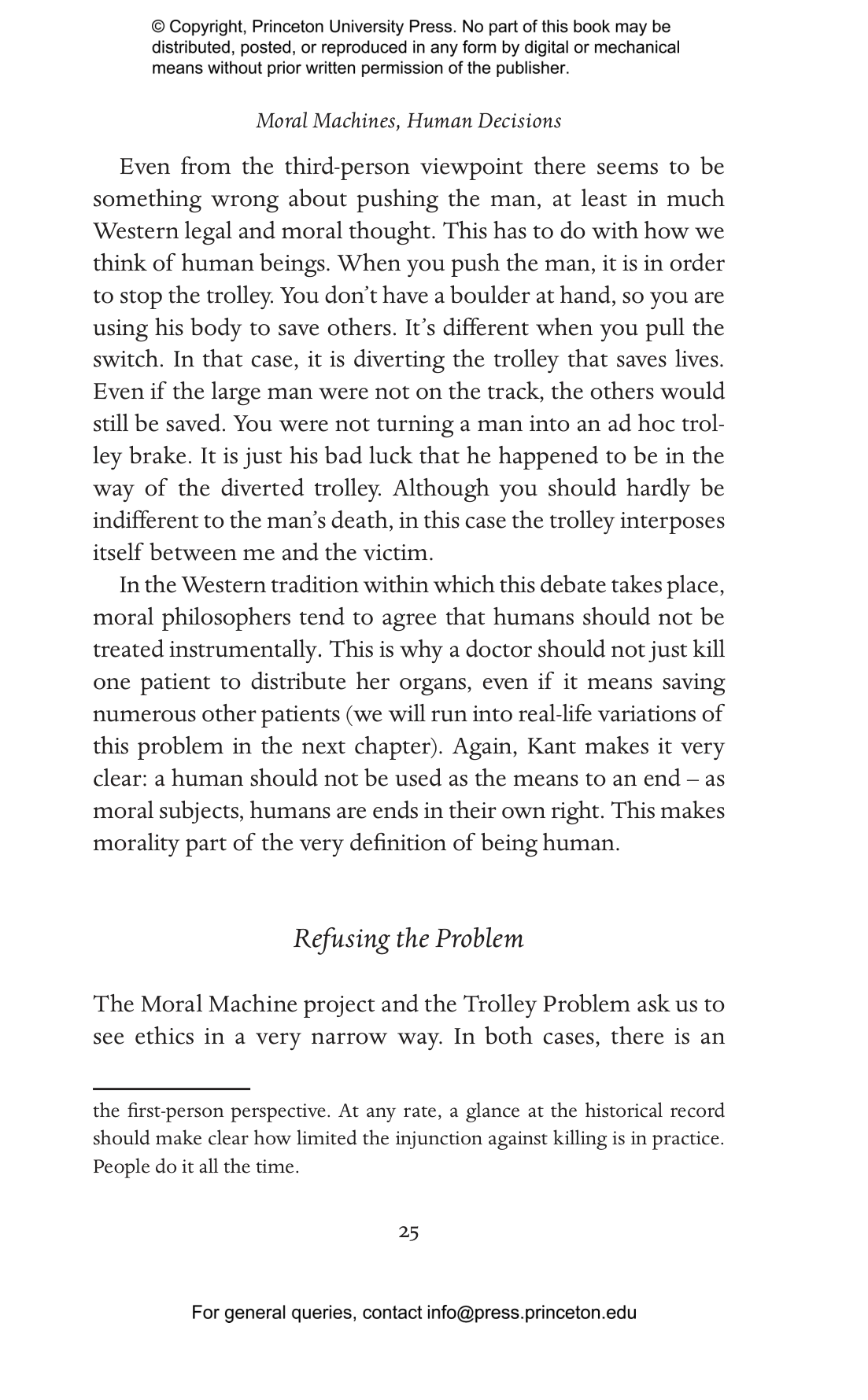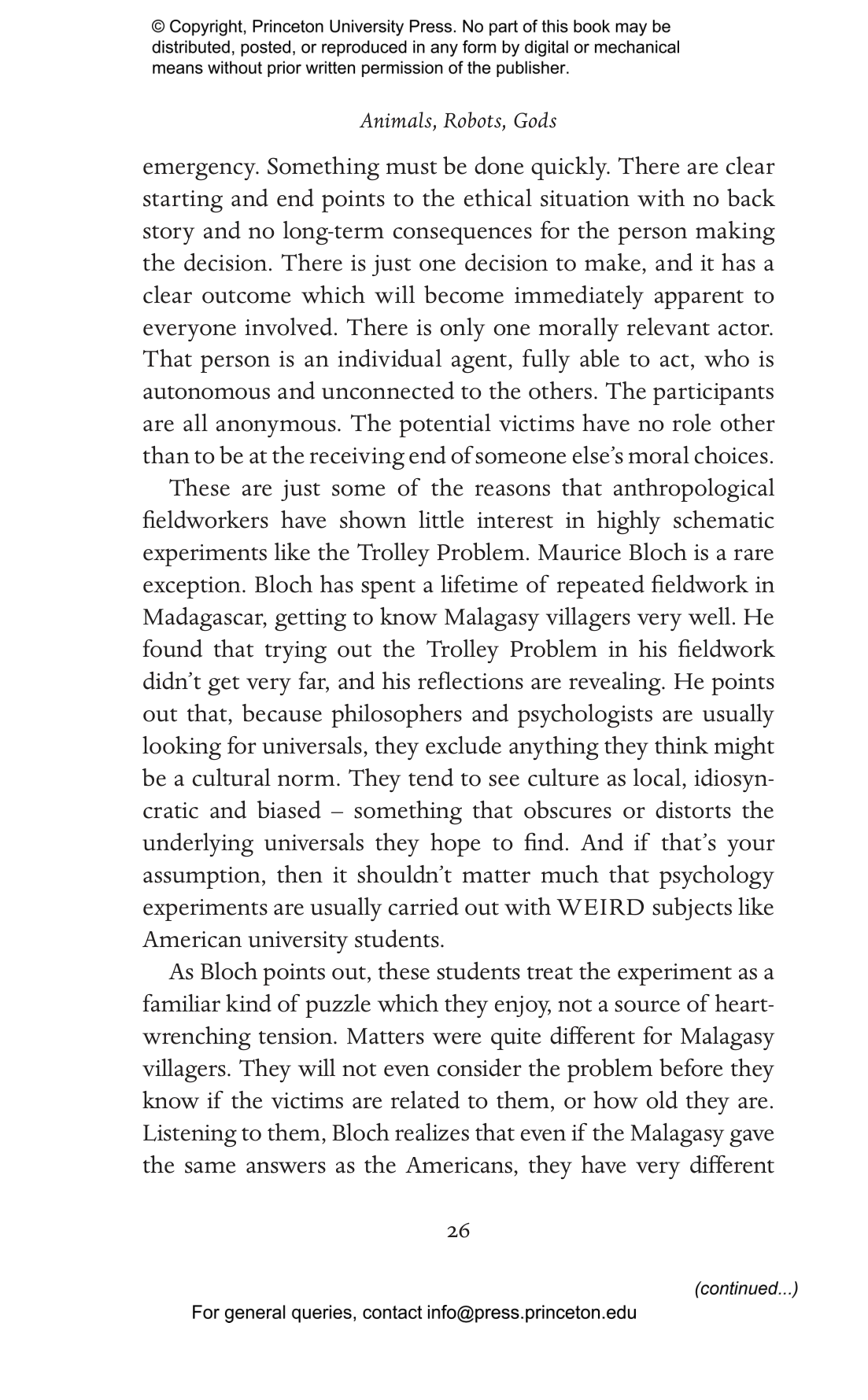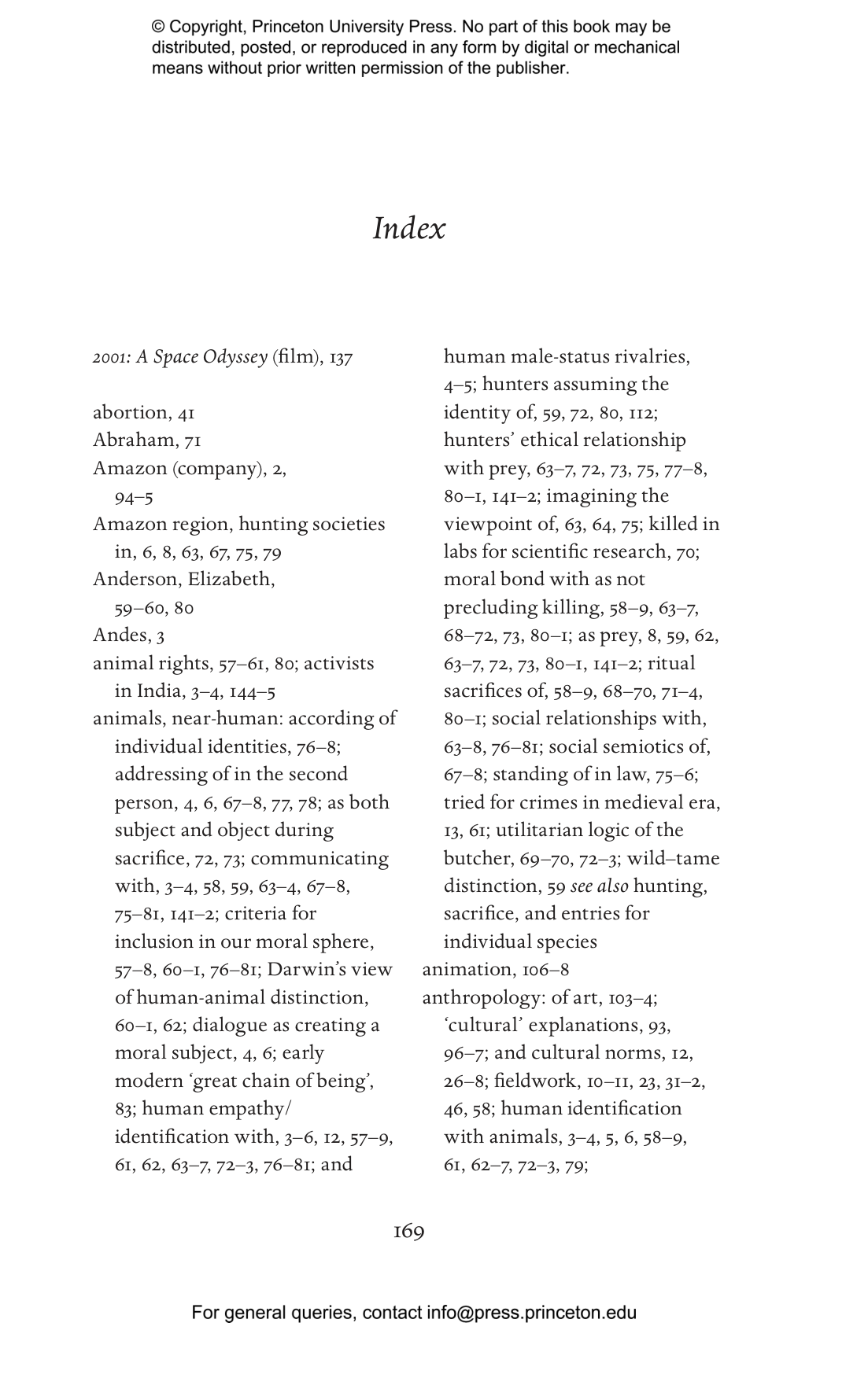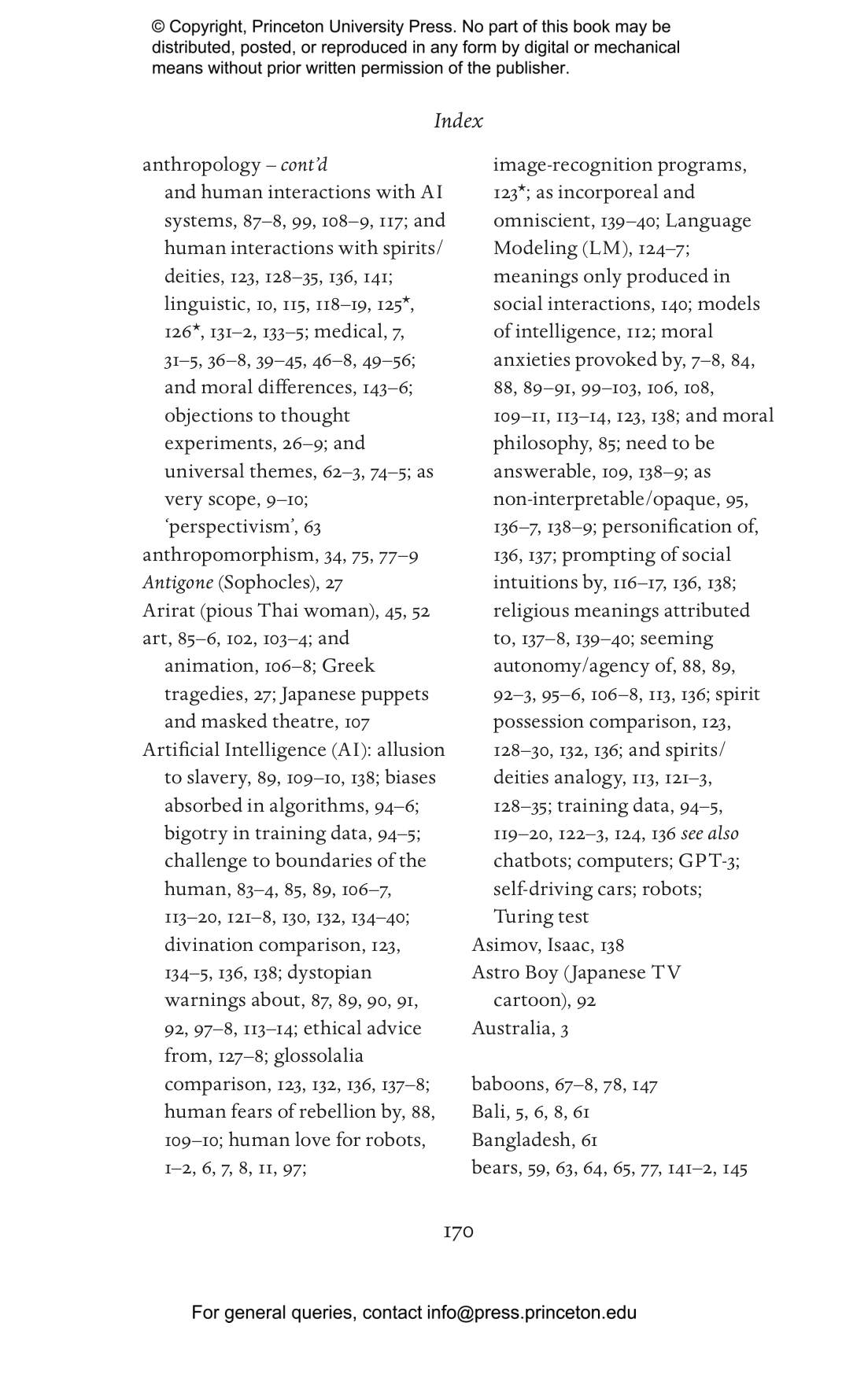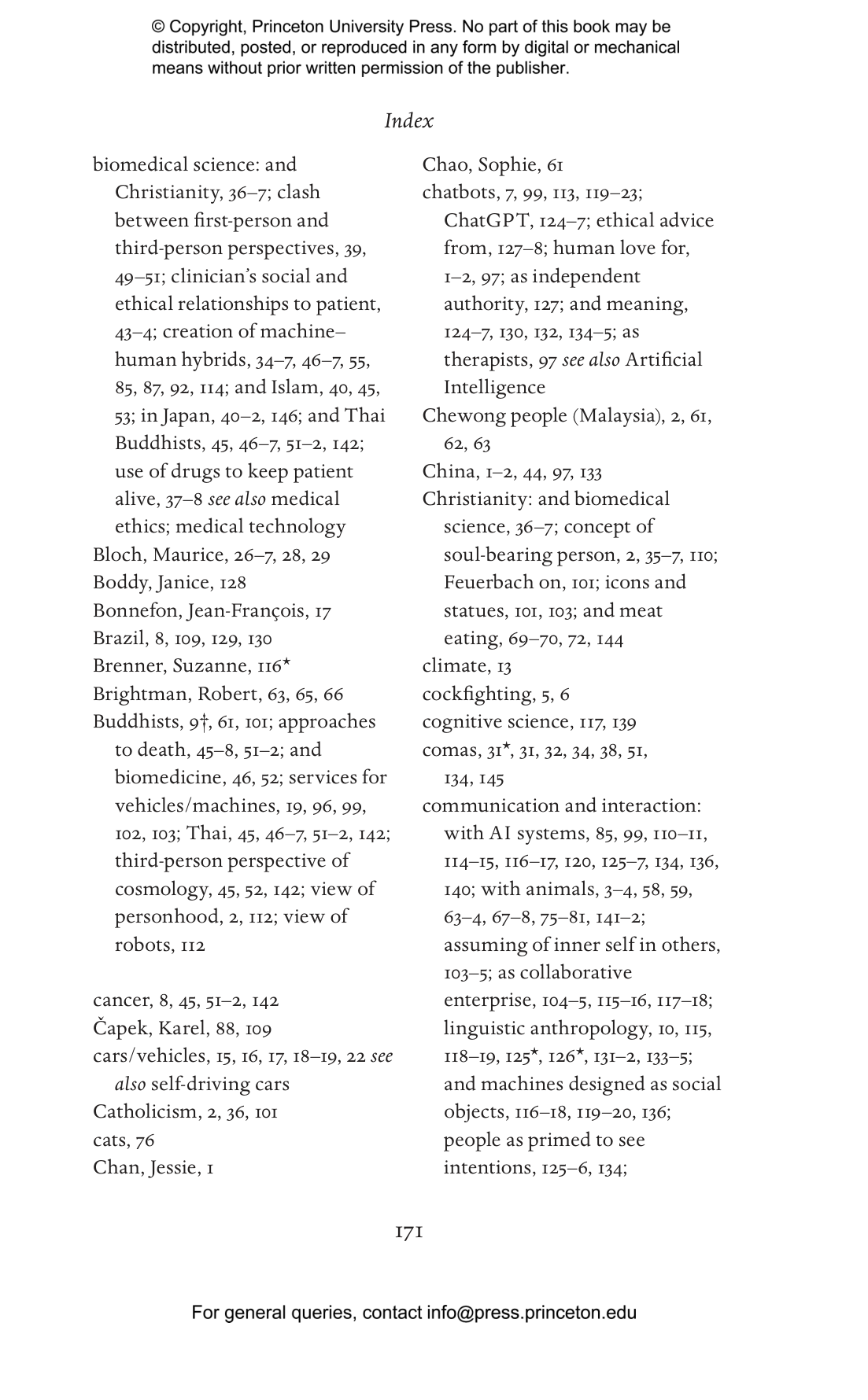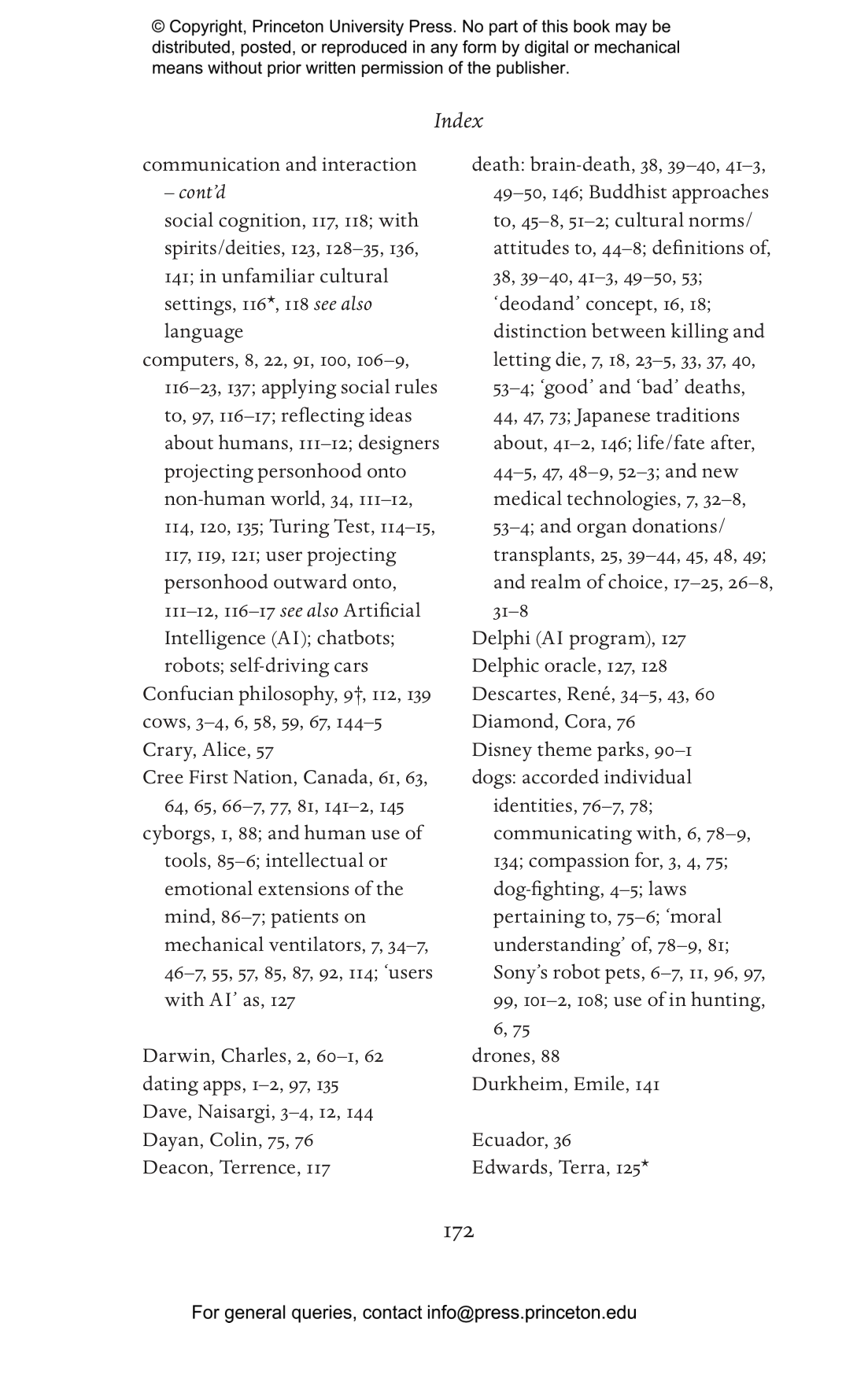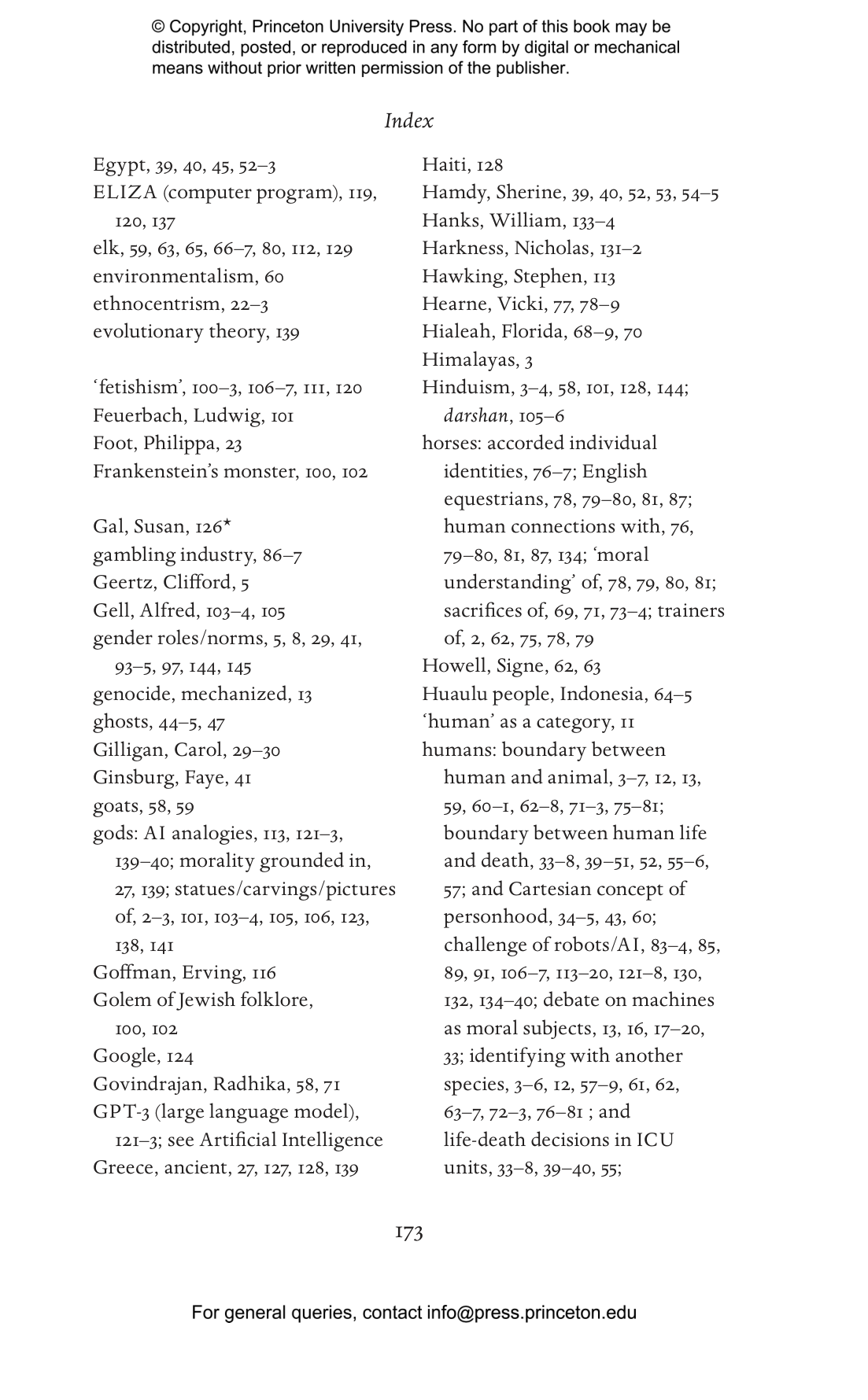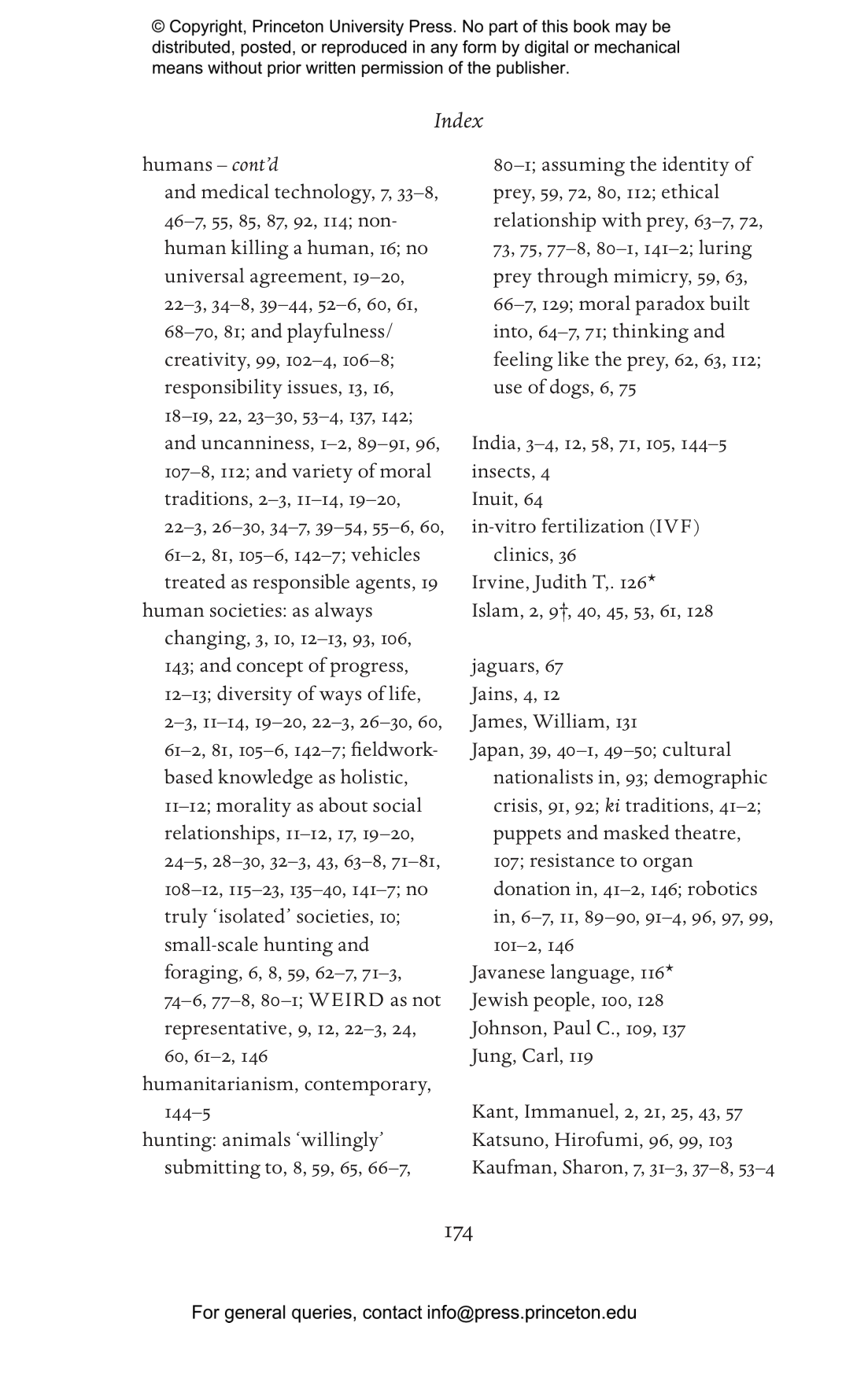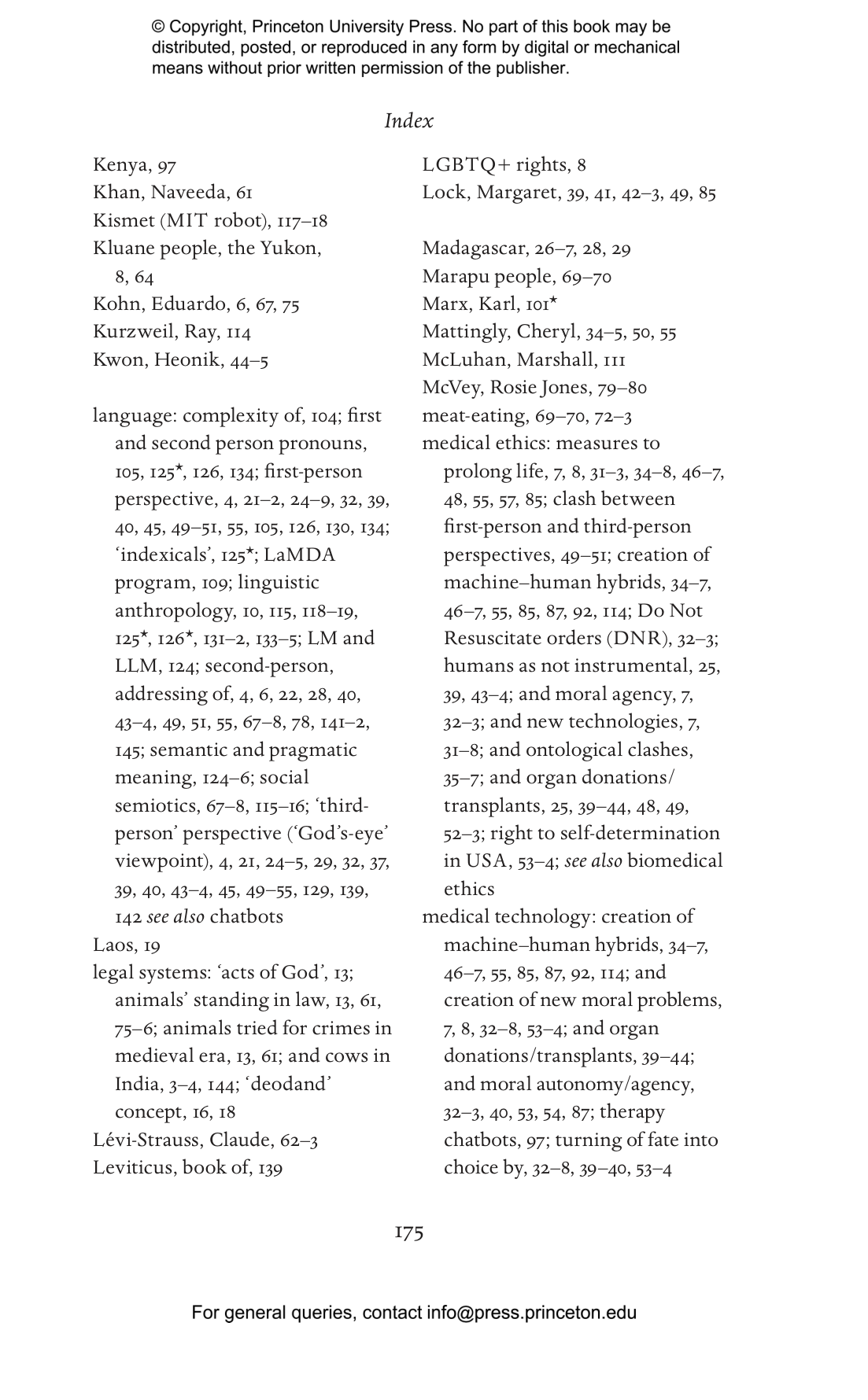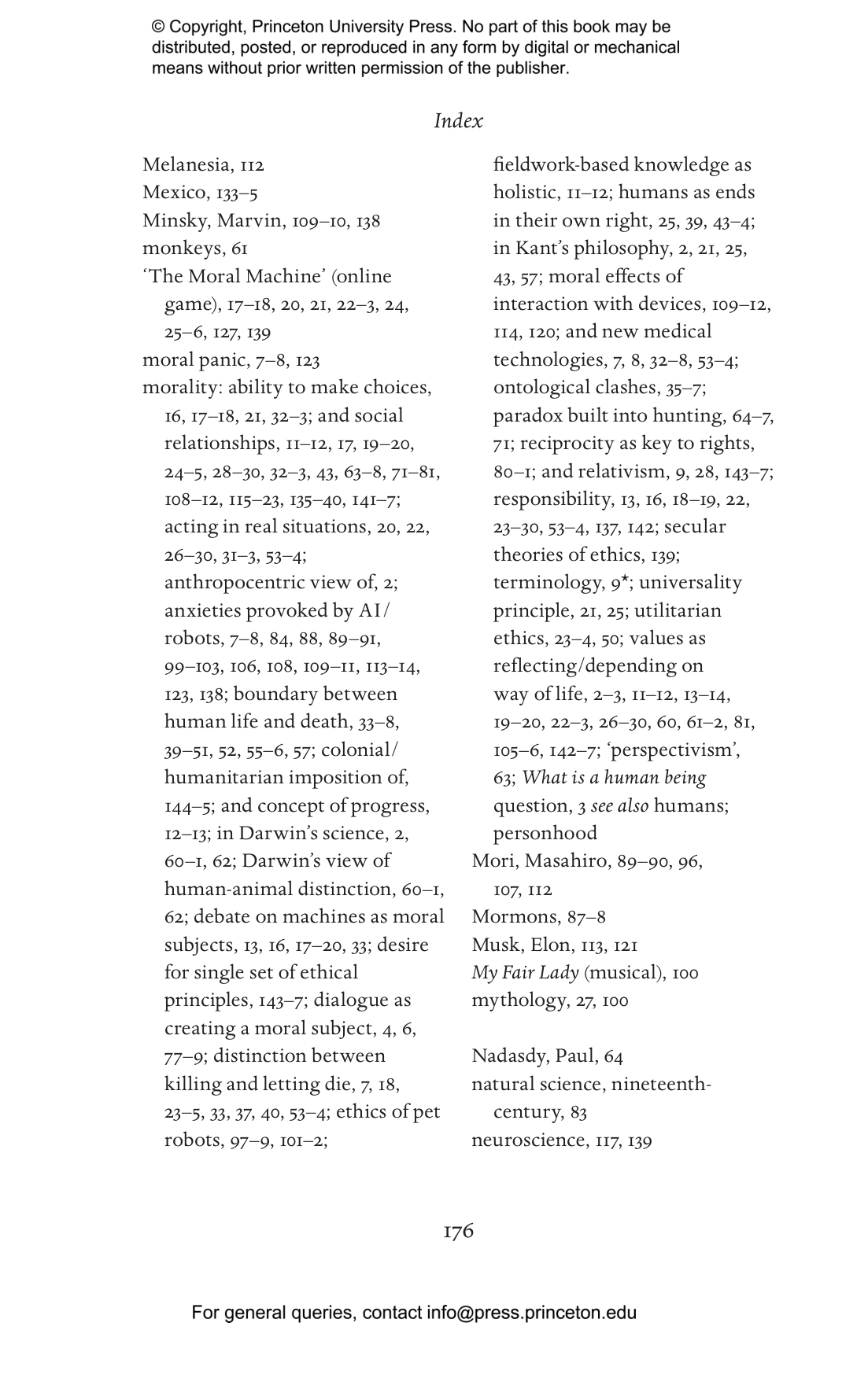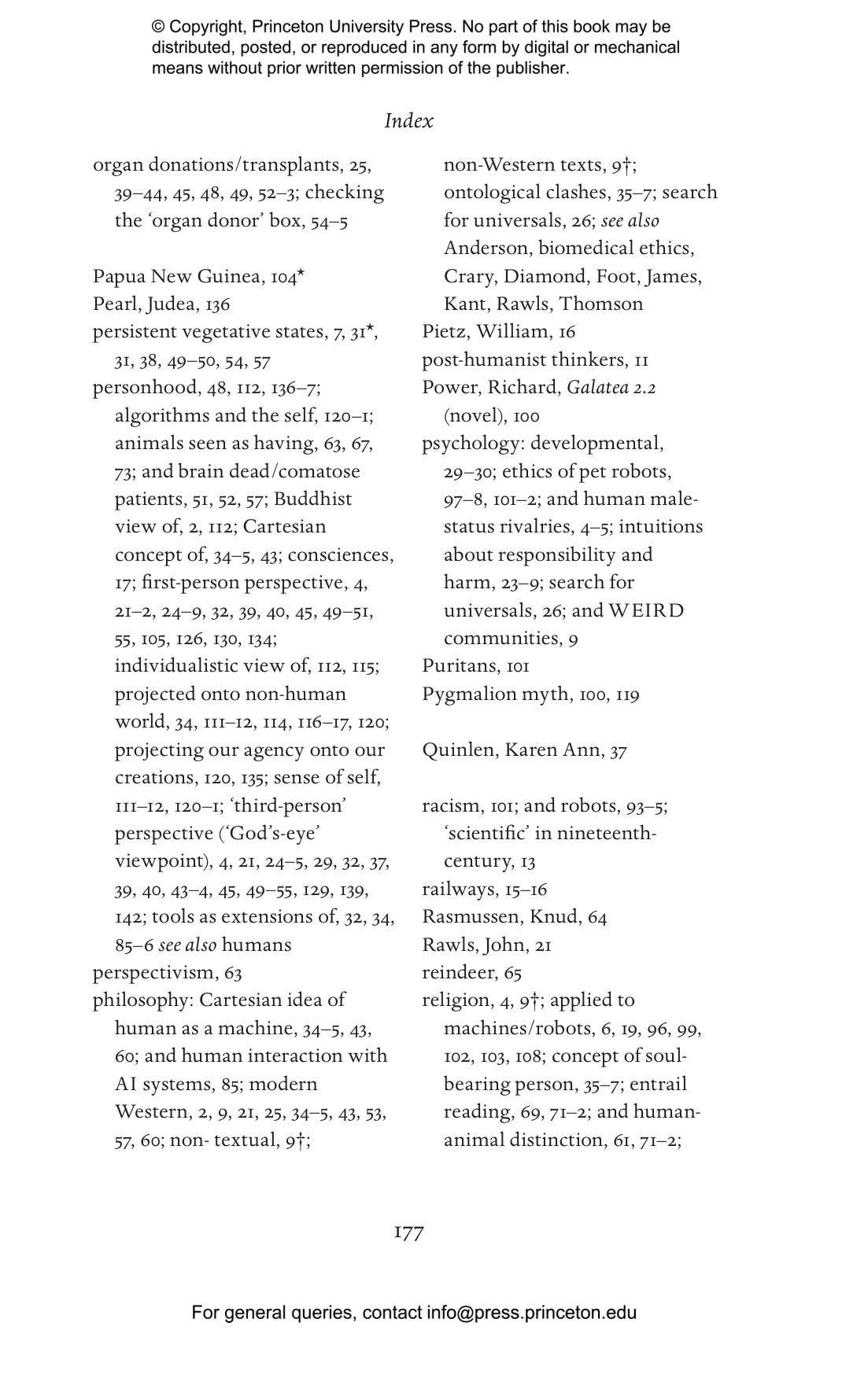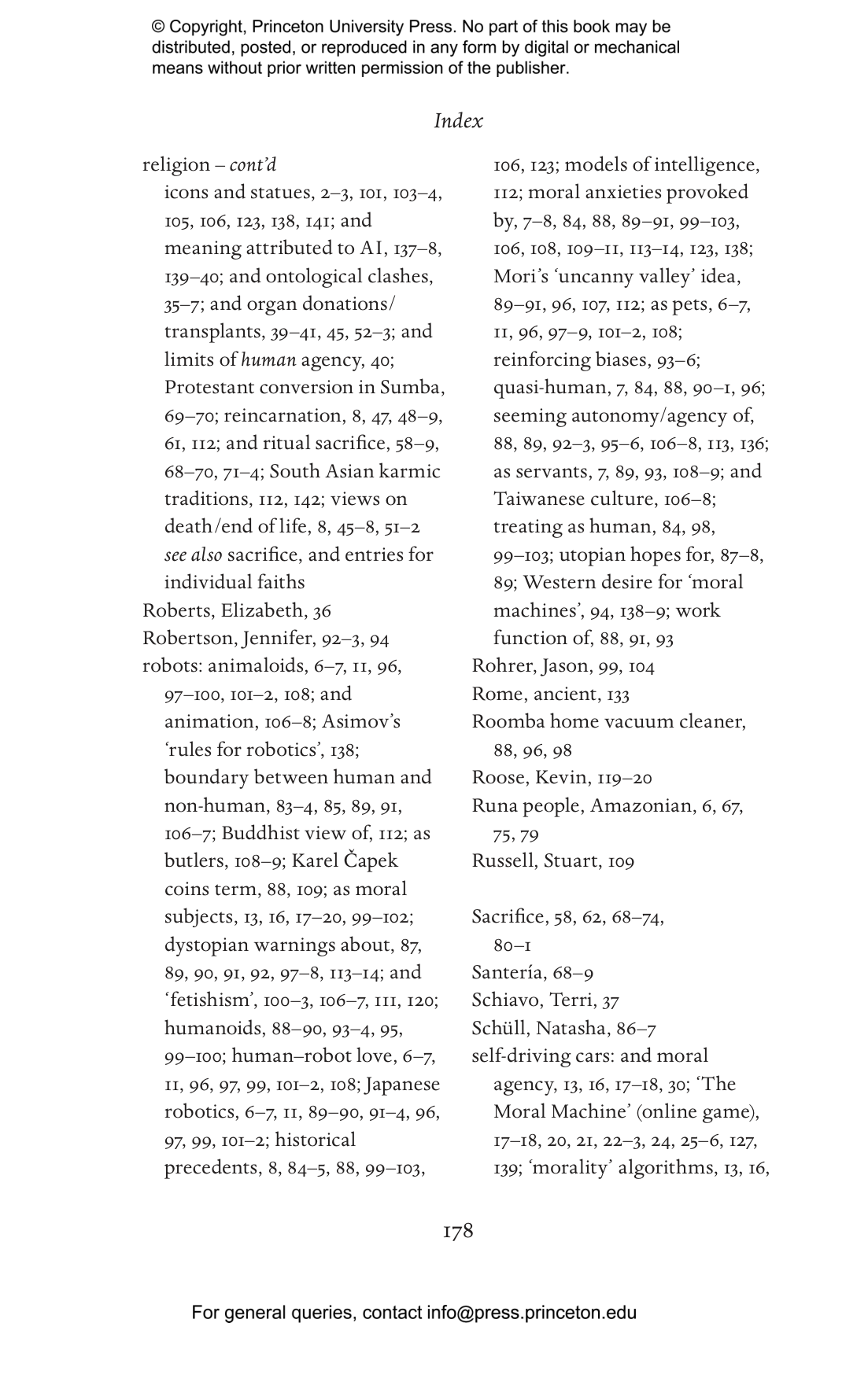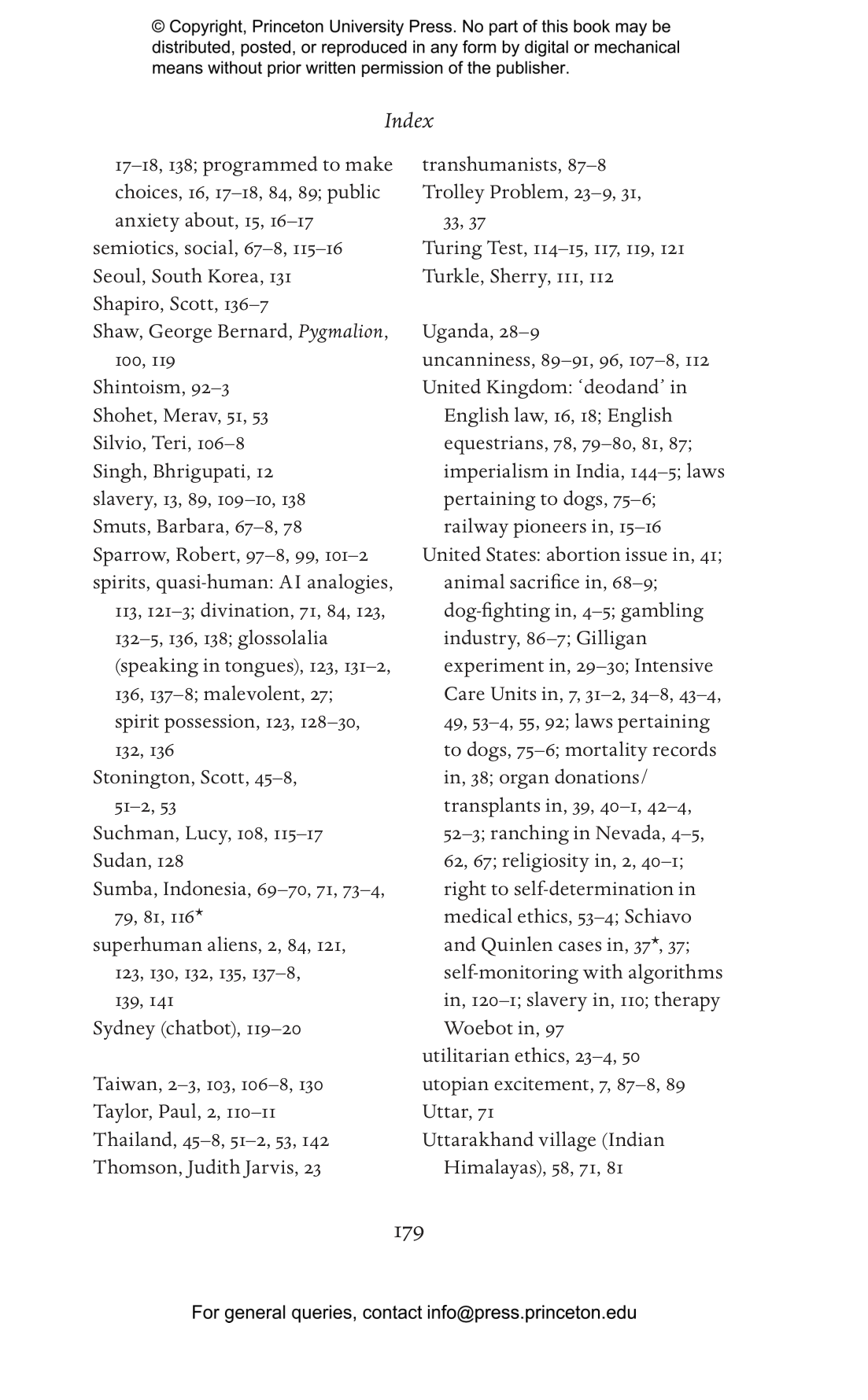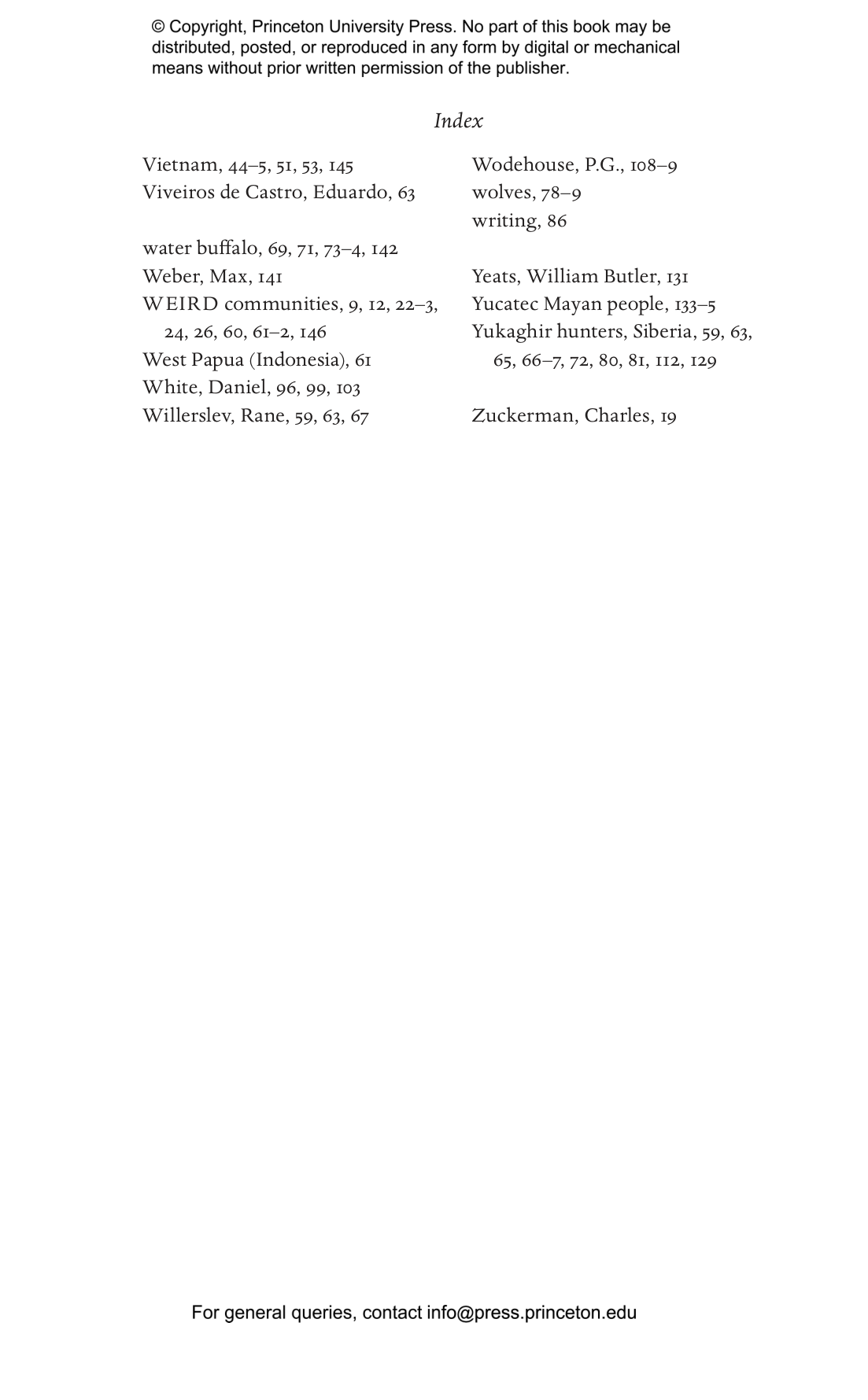Moral relationships saturate the living world, and the line between the human and nonhuman is blurrier than we might think. Animals, Robots, Gods provides a bold new vision of ethics defined less by our minds or society and more by our interactions with those around us, whether they are the pets we keep, the gods we believe in, or the machines we endow with life.
Drawing on pioneering fieldwork around the globe by some of today鈥檚 leading researchers, acclaimed anthropologist Webb Keane invites us to expand our moral imagination. We learn about the ethical dilemmas of South Asian animal rights activists, Balinese cockfighters, cowboys, and Japanese robot fanciers. We meet a hunter in the Yukon who explains to a bear why it must come out of hibernation and generously give itself up to him, a cancer sufferer in Thailand who sees his tumor as a reincarnated ox, and a computer that persuades users to confess their anxieties as if they were patients on a psychiatrist鈥檚 couch. Through these and other stories, Keane challenges us to rethink our most basic ideas about who鈥攁nd what鈥攚e deem worthy of moral consideration.
Brimming with charm, wit, and insight, Animals, Robots, Gods reveals how centuries of conversations between us and nonhumans inform our conceptions of morality and will continue to guide us in the age of AI and beyond.
"I found Keane’s distillation of fieldwork into the ethics of hunting and animal sacrifice both gripping and provoking."鈥擲imon Ings, New Scientist
"Much of the book’s charm comes from its quicksilver turns, deft transitions and momentary flashes of family resemblance amid a rich array of ways of life."鈥擲imone Gubler, Times Literary Supplement
"Engaging."鈥擜ndrew Robinson, Nature
"Keane asks us to imagine Confucian robots, or artificial intelligence as conceived by cultures that locate the self across multiple bodies and lifetimes. These, too, may soon be more than thought experiments."鈥擶essir du Toit, Unherd
“This book is penetrating, illuminating, wise, learned, and surprising. The chapters on robots and artificial intelligence are simply the best yet written on the subject. The excitement and anxieties about this new technology revisit perennial questions about the nature of being human and our duties to godlike beings—it is fitting that an anthropologist should be the one to show this. An extraordinary achievement.”—Scott Shapiro, author of Fancy Bear Goes Phishing: The Dark History of the Information Age, in Five Extraordinary Hacks
“The book I didn’t know I’d been waiting for—a fascinating trip through time and space, likening the uncanniness of AI not to science fiction but to religious mysteries and the near-humanness of animals. This erudite and original meditation on our relationship with nonhuman creatures will change the way you think about ethics.”—Larissa MacFarquhar, author of Strangers Drowning: Impossible Idealism, Drastic Choices, and the Urge to Help
“Human beings, themselves a work in progress, have had millions of years to come to terms with animals and have now turned their attention to machines. Our success at domesticating wild organisms may have lulled us into expecting obedient behavior from things we build. Webb Keane, who argues that hunters of undomesticated animals offer a better model, brings us an update from the field.”—George Dyson, author of Turing’s Cathedral: The Origins of the Digital Universe
“Webb Keane has a marvelous ability to extend the scope of our moral compass not only to all varieties of human thought but also to the nonhuman beings with whom we share the biosphere. He is one of the world’s foremost and most thoughtful anthropologists. This book is a must-read, written with wit and clarity.”—Professor Dame Caroline Humphrey, University of Cambridge
“In this charming and lucid book, Webb Keane invites readers to question where humans begin and end—and to what and whom we bear responsibilities. His understanding of ethics delightfully spins with relationships, interactions, situations, and play.”—Caitlin Zaloom, New York University
“The boundaries of our moral worlds are in flux as we rethink the claims made on us by animals, robots, humans on life support, and AI. Webb Keane, the most important contemporary anthropologist of language and interaction, brilliantly guides us through the resulting murk. Drawing on research from around the world and showing how people’s engagements with supernatural figures long ago raised questions of moral standing that we now apply to these other beings, this gracefully written book will make you think productively about your own life in ways you likely never imagined.”—Joel Robbins, author of Theology and the Anthropology of Christian Life


